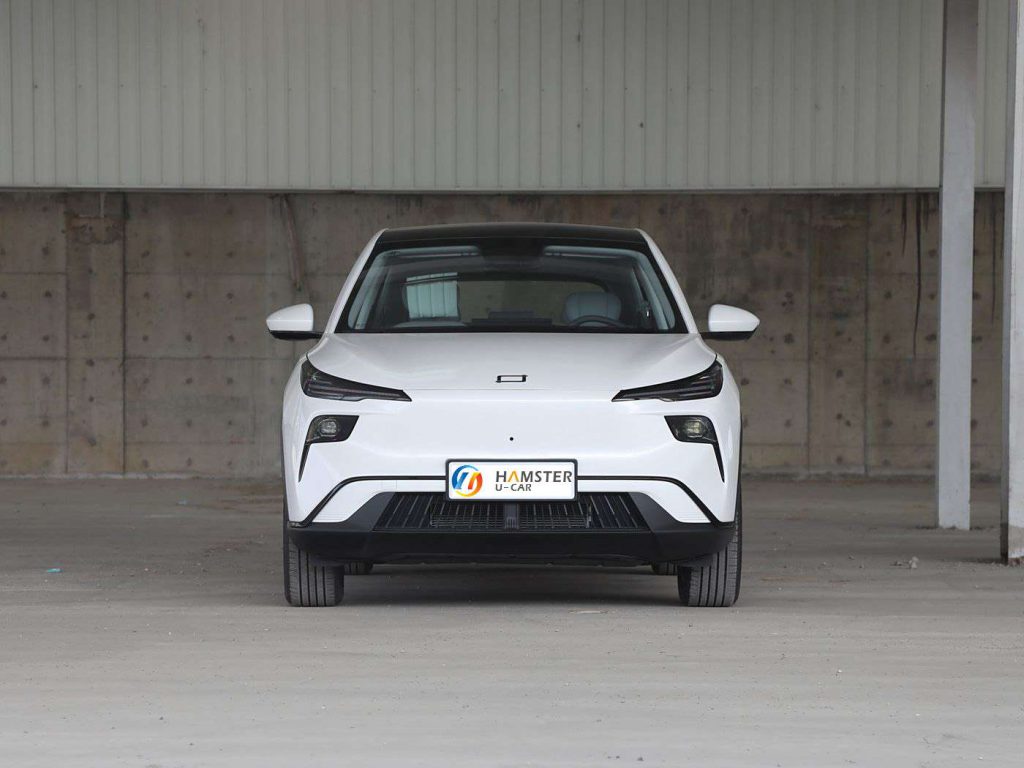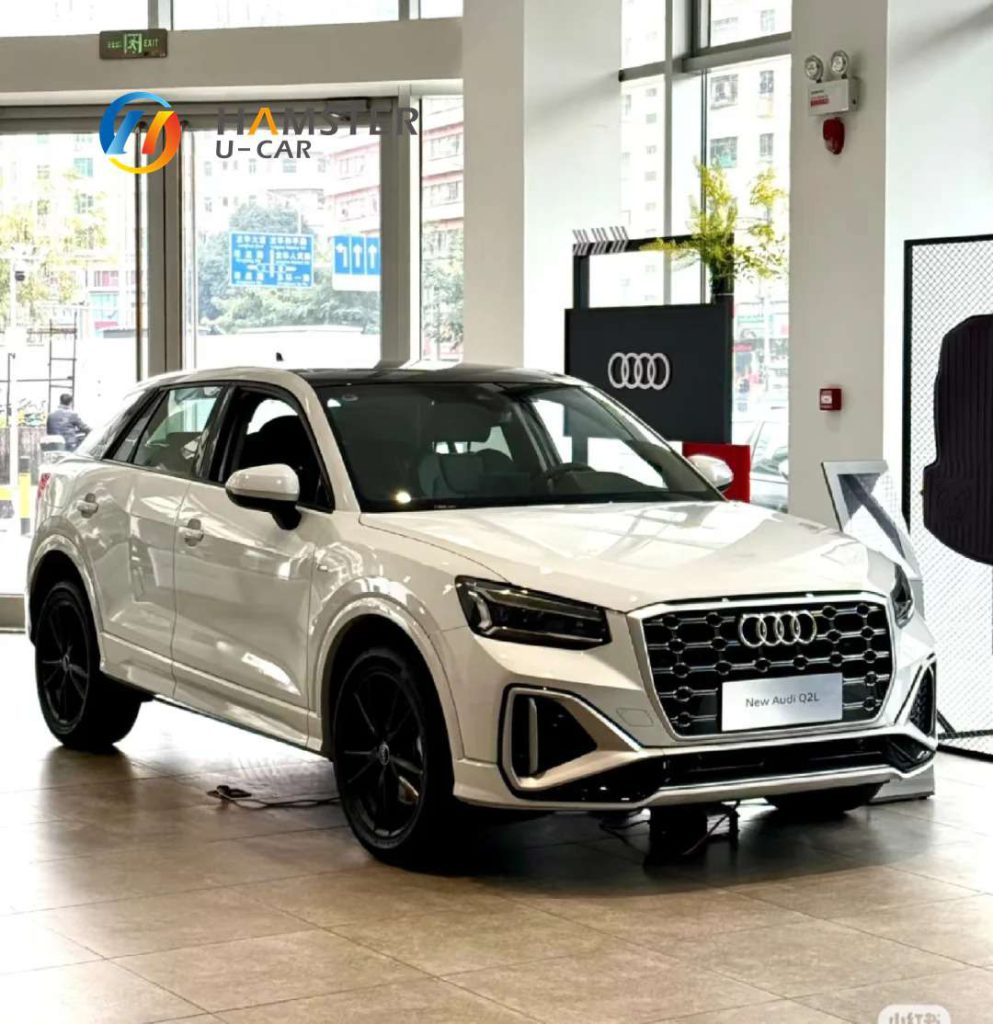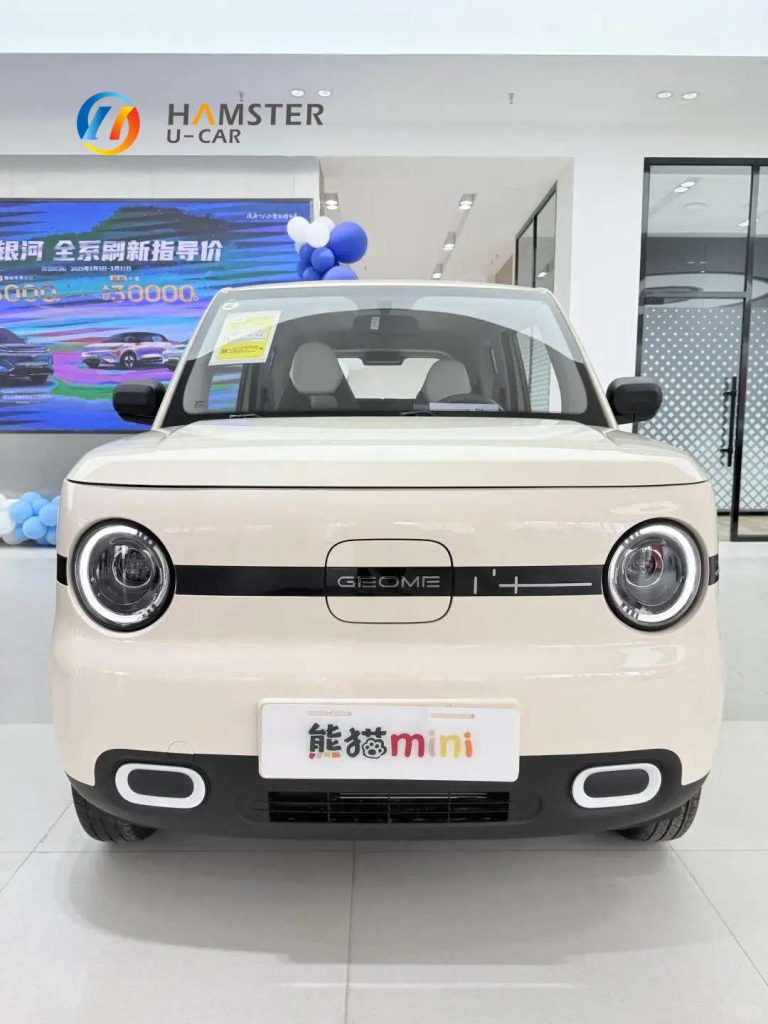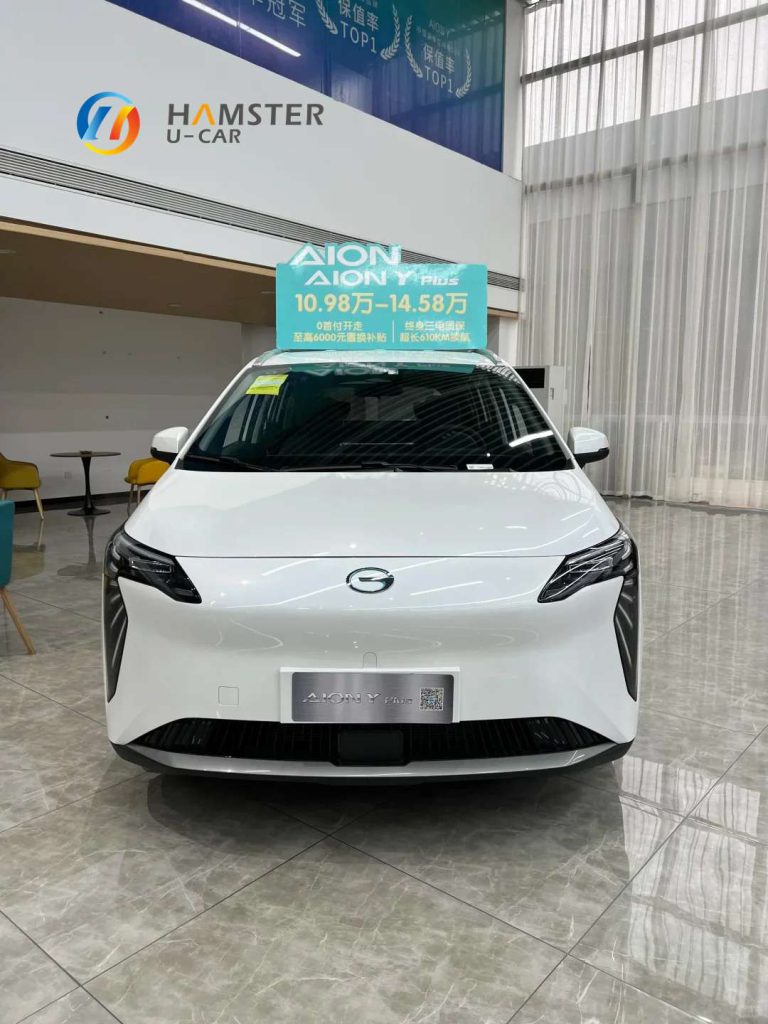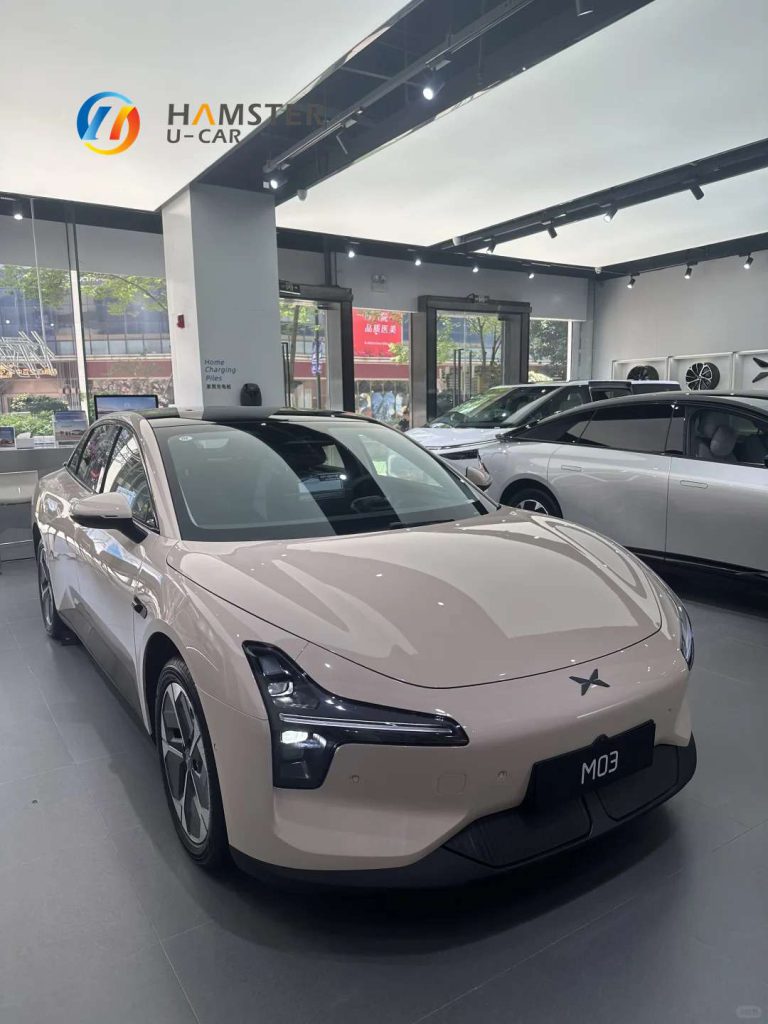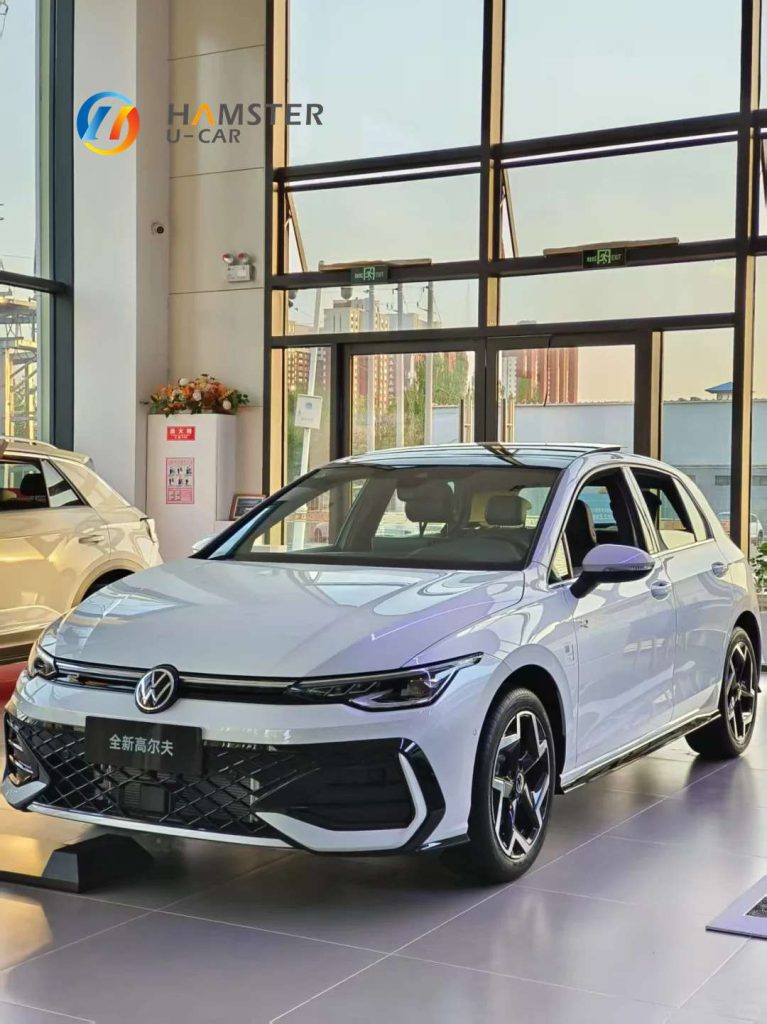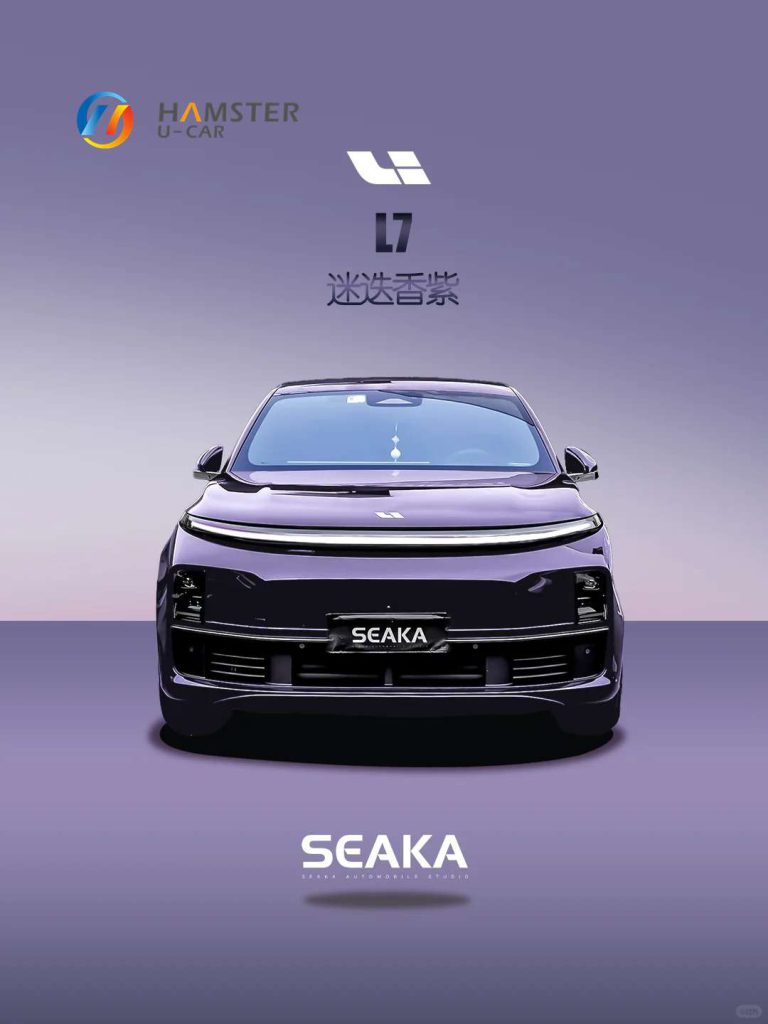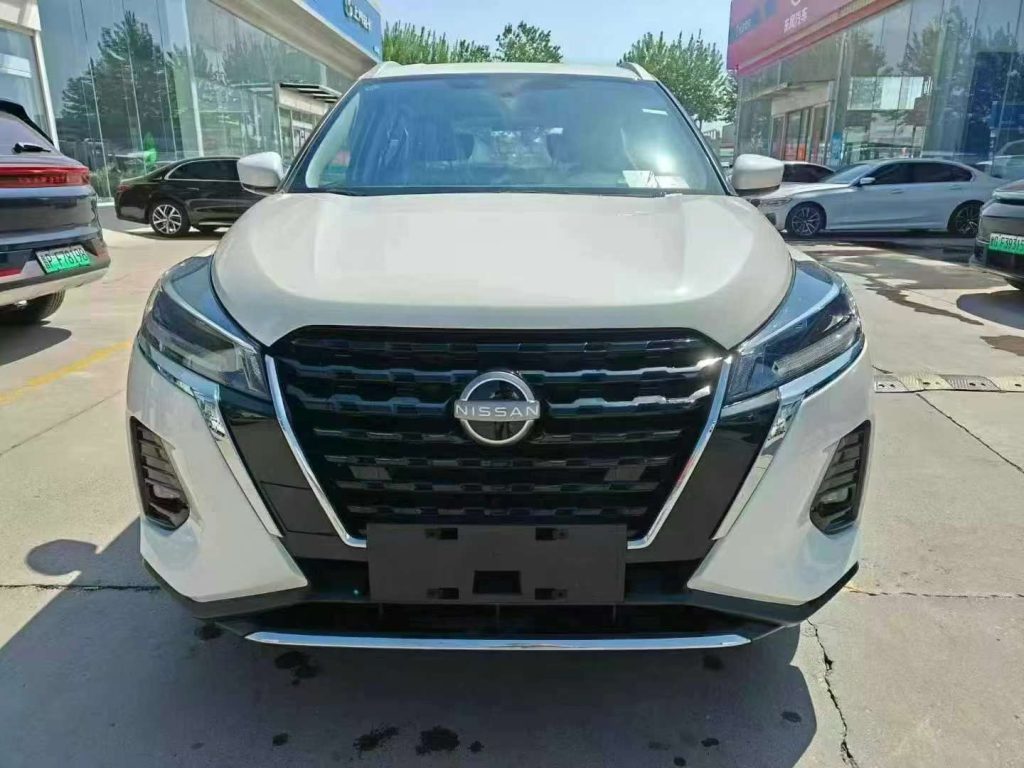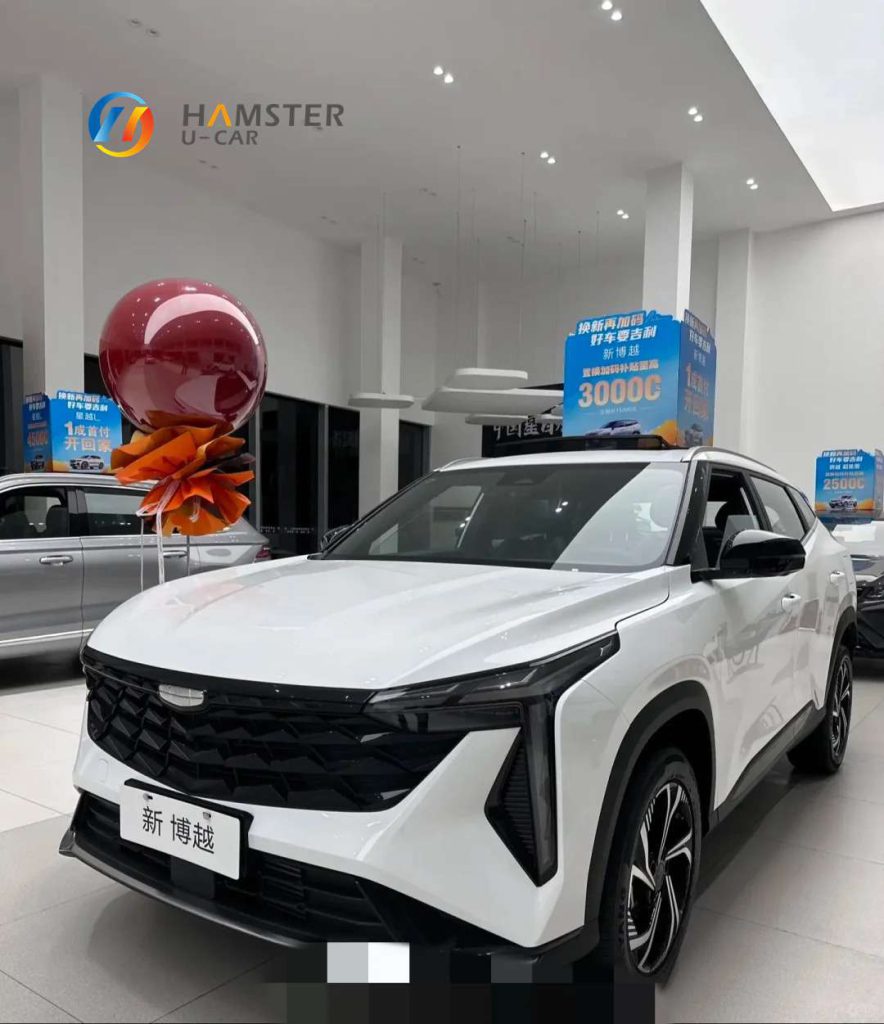Today's automobile market is really too competitive, especially in the family car market in the 100,000-150,000 yuan range, where consumers are becoming more and more picky about car use. To this end, all car companies have launched models to meet the market. Baojun Automobile, known as the "price butcher", also launched a new compact SUV this year, the Baojun Yunhai , which provides both pure electric and plug-in hybrid power systems. The price of 111,800-135,800 yuan is also very attractive. In addition, it is also the first model in this class to come standard with high-end intelligent driving. So how does it perform? Let's take a look below.
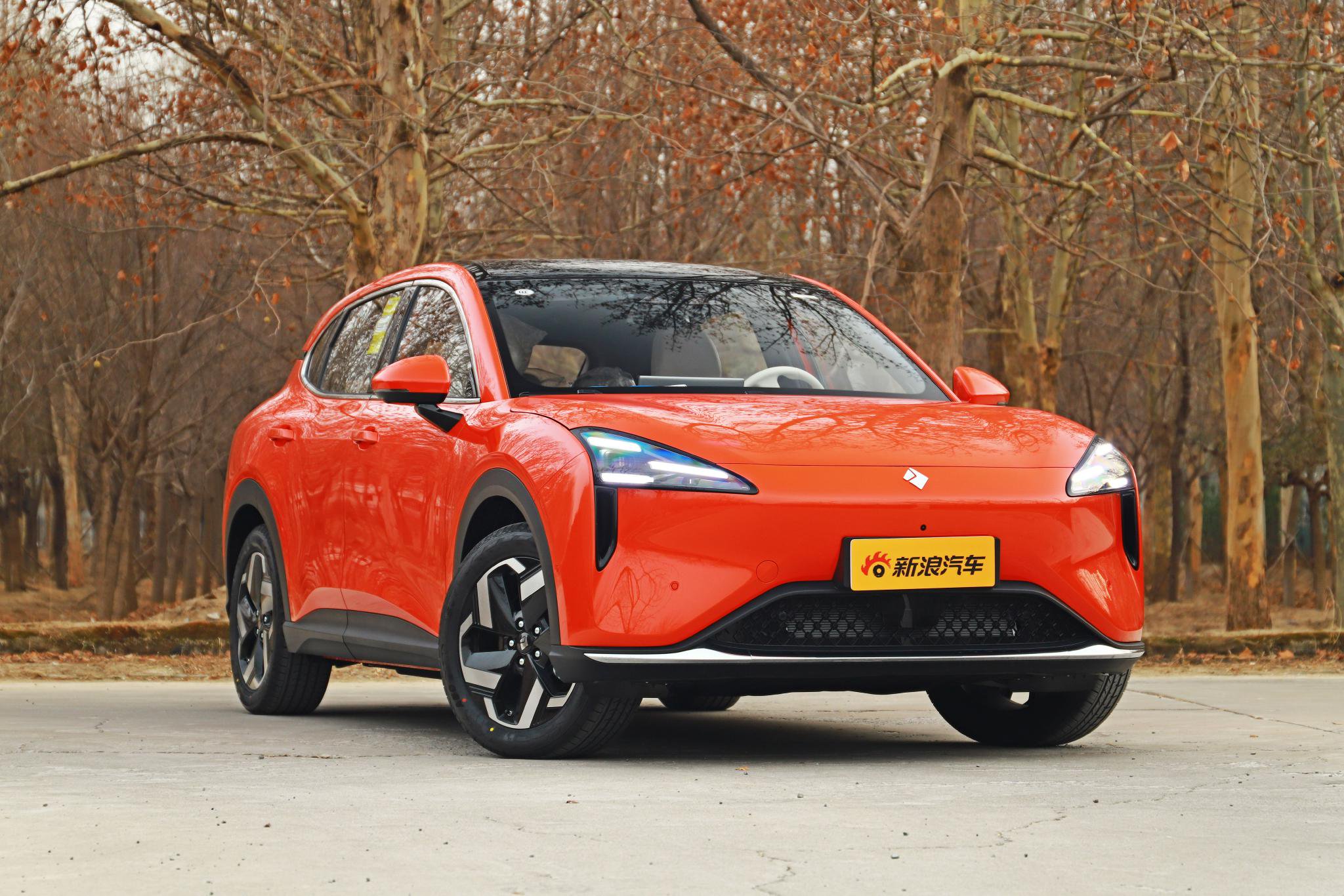
In terms of appearance, Baojun Yunhai uses the latest family design language. The overall design style is more fashionable and refined, and the body lines are full and rounded, which is a very pleasing to the eye design.
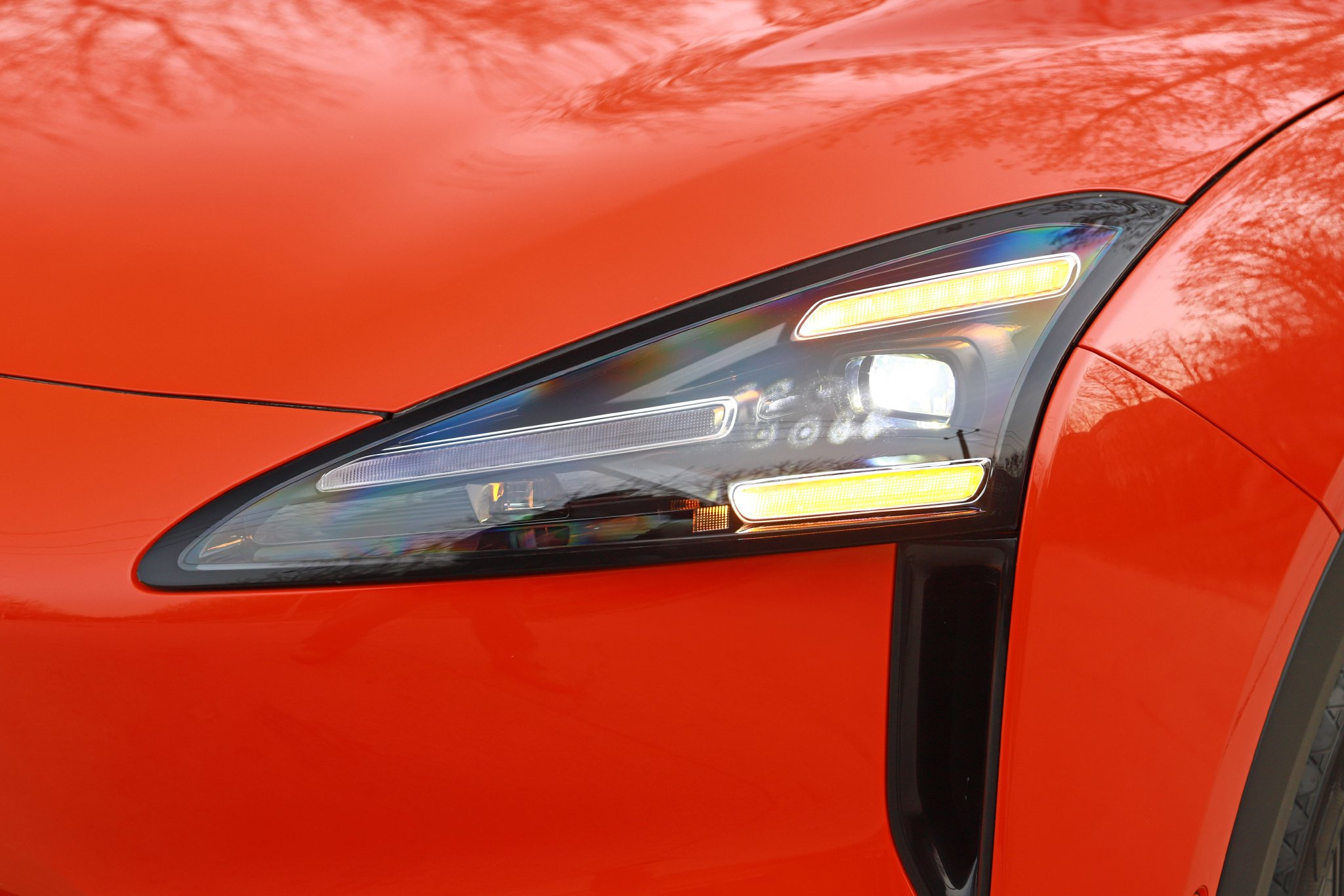
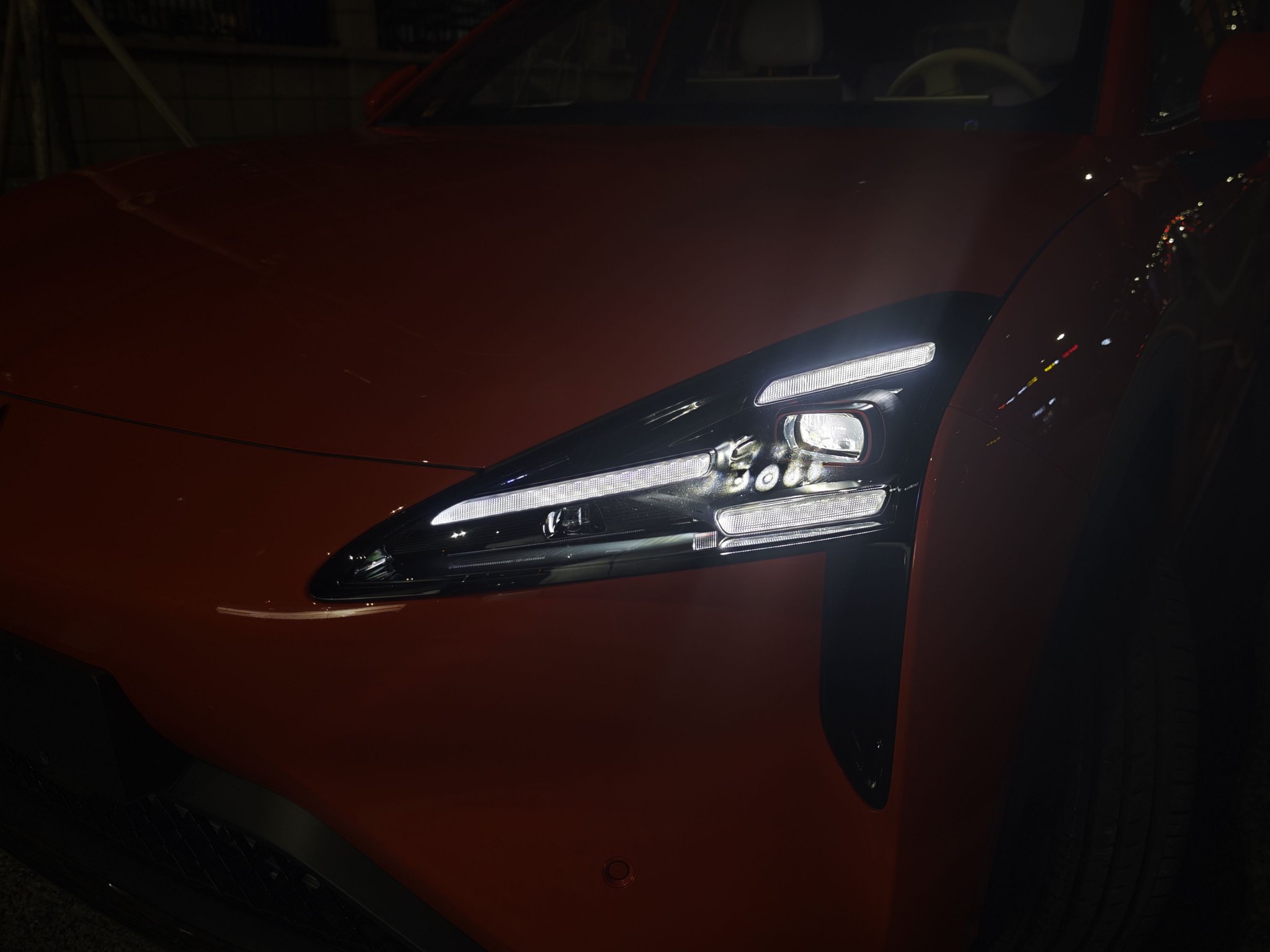
In addition, the headlights also have a strong sense of design. The triangular headlights also use a three-section split LED light strip, which is highly recognizable. According to official introduction, in terms of illumination width, 8 lanes can be illuminated 30 meters in front of the car, and the high beam illumination distance exceeds 170 meters, and the illumination width can span 6 lanes. In addition, the corner lights will automatically light up when turning, and the single-side illumination width is increased from 45° to 70°. From the actual experience, the overall brightness level of the headlights is indeed good.
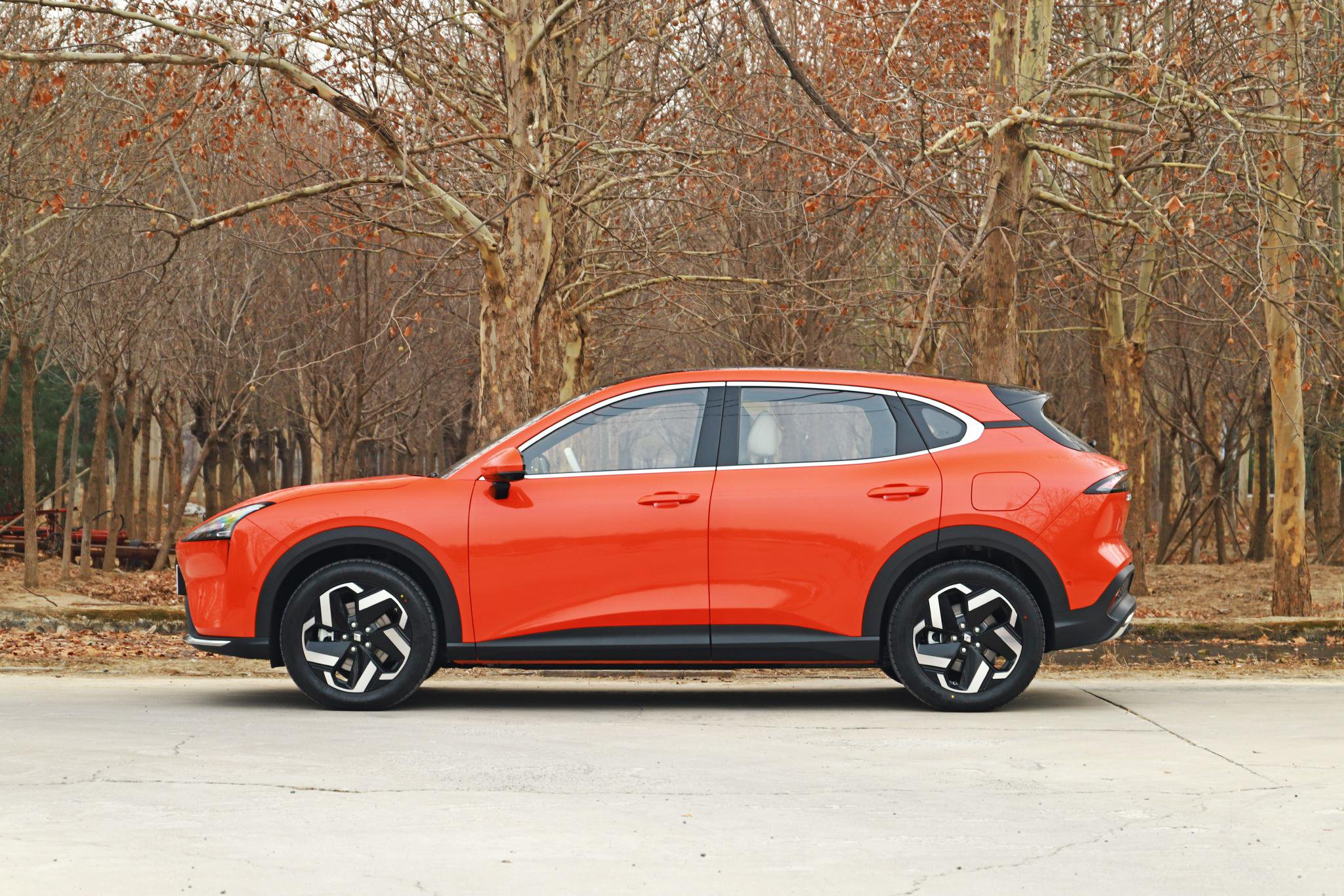
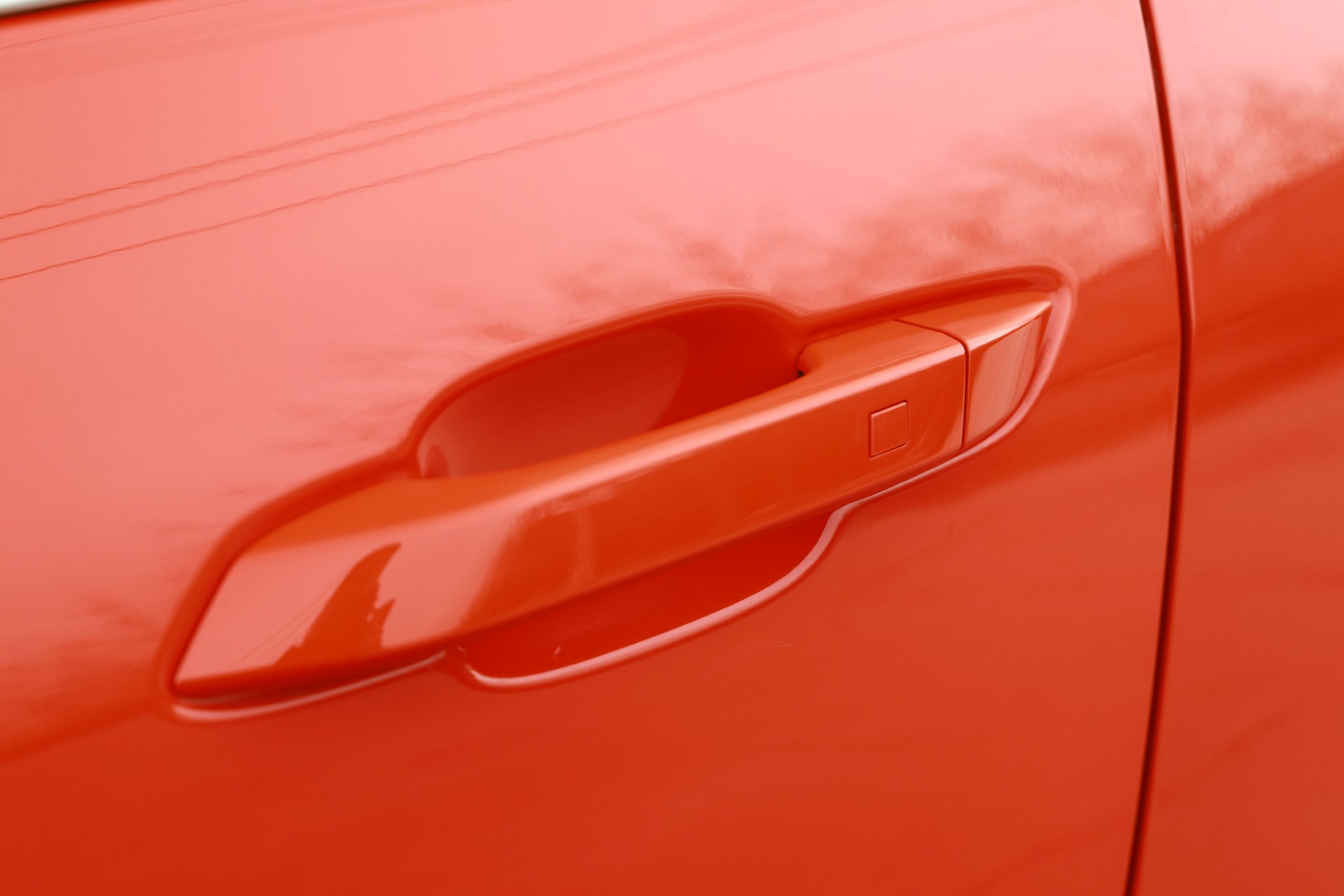
The side lines of the car body adopt the design of mainstream family SUVs, which focuses on practicality. The roof line does not slope down too much, ensuring the headroom for rear passengers, and the traditional door handle style is more practical. Personally, I think for this level of car, practicality and ease of use are the first priority.
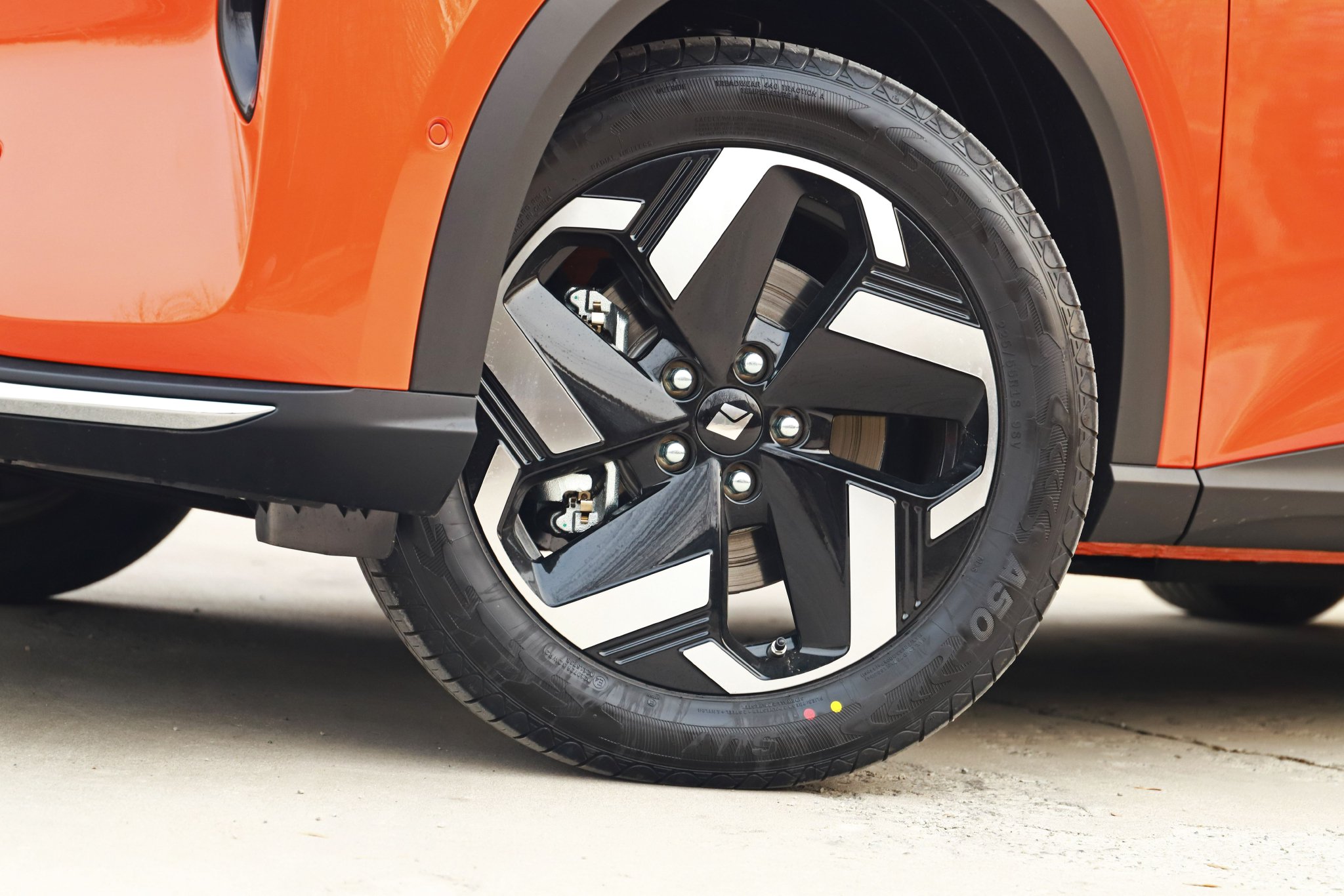
In terms of details, the new car also uses two-color 18-inch low-drag wheels, which, combined with the rounded lines of the whole car, make its wind resistance only 0.259cd. In terms of body size, its length, width and height are 4590/1880/1608mm respectively, and the wheelbase is 2750mm. The size is at the standard level of compact SUVs.
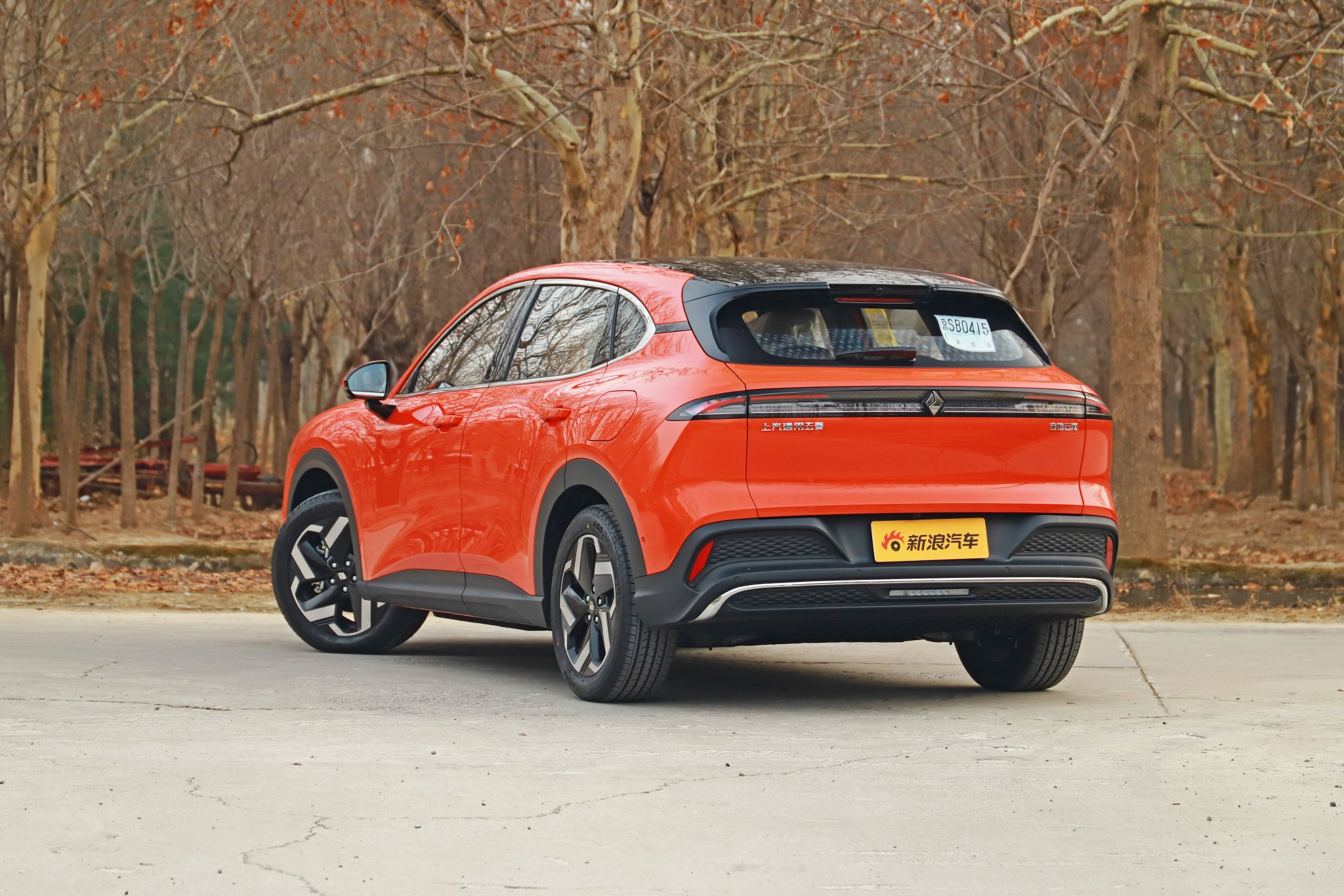
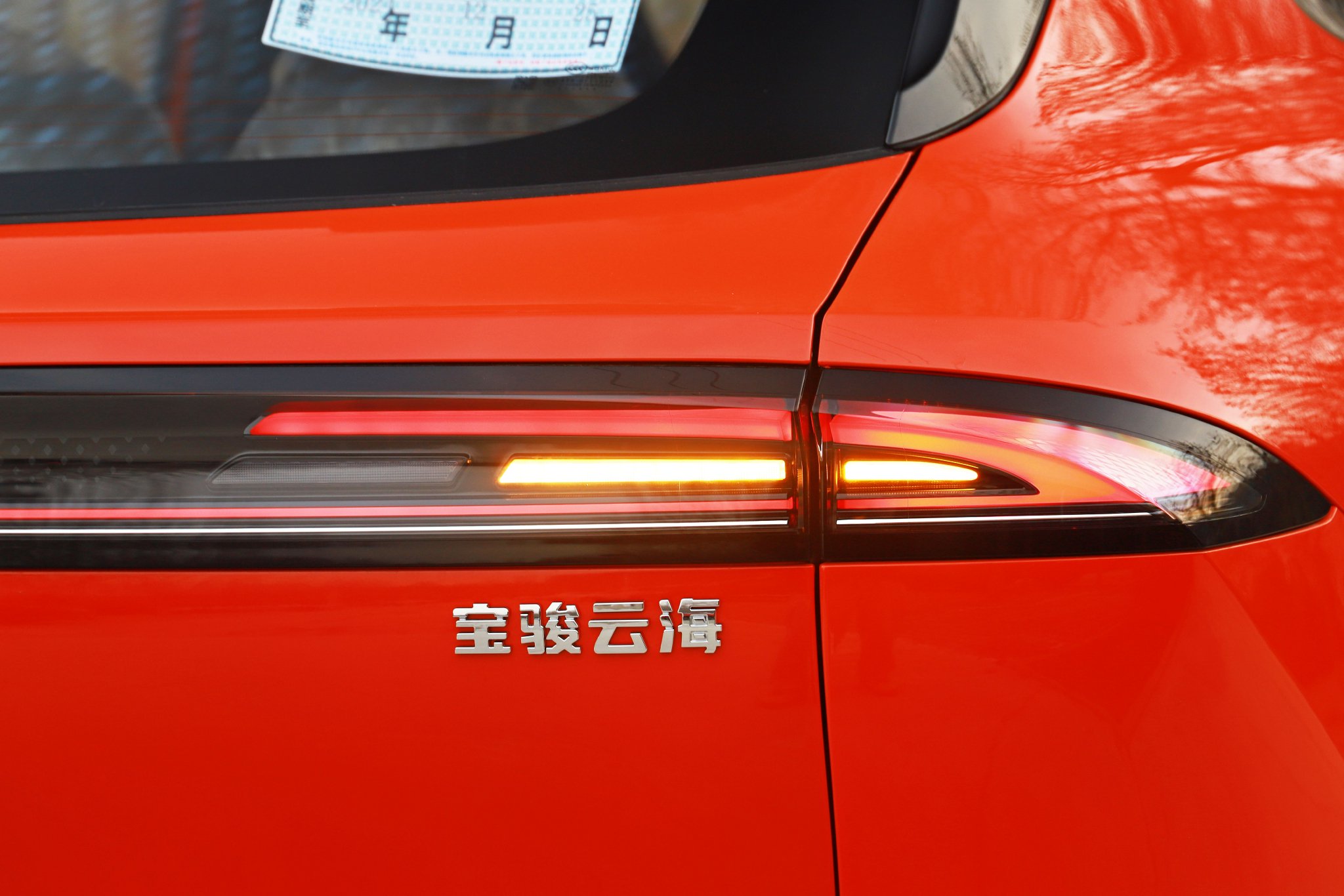
I think the rear styling is the most beautiful part of the exterior. The lines are rounded and full, and it looks thick and solid. The through-type taillight group can also provide a very good display effect when lit, and the sense of refinement it provides is very good.
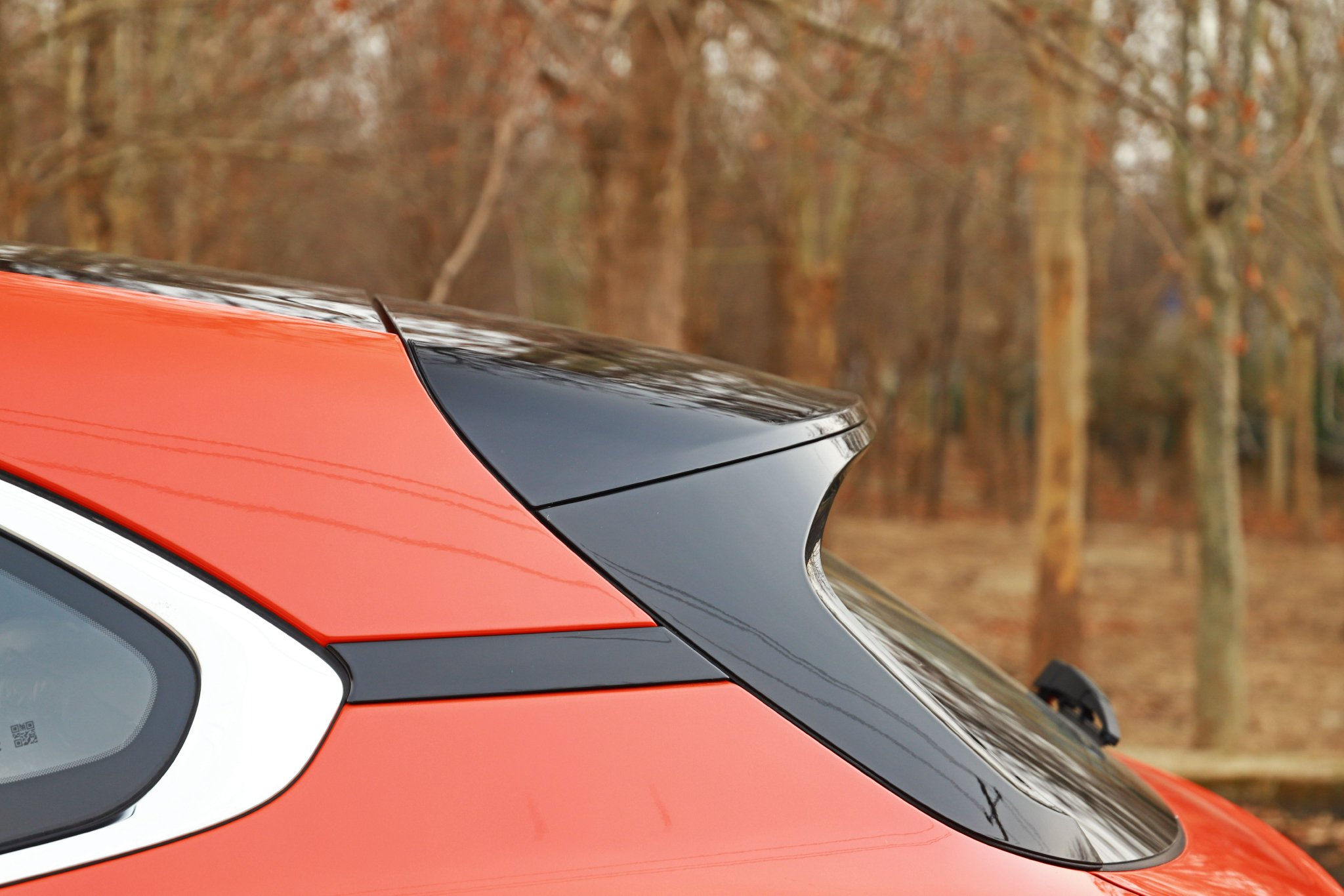
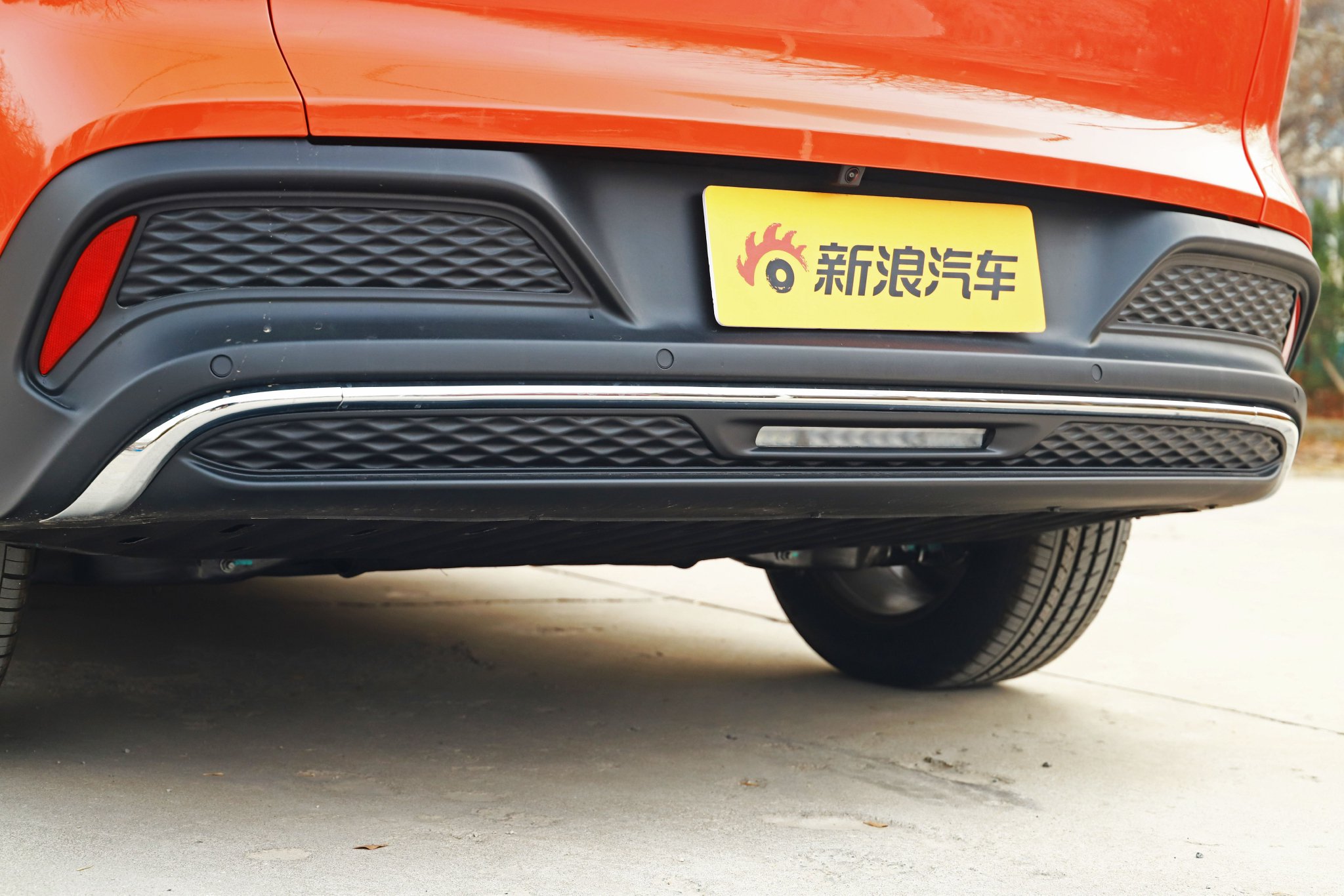
In terms of details, in order to cater to young consumers, the rear of the car also uses a spoiler and a honeycomb bumper trim, which can be said to be the finishing touch.
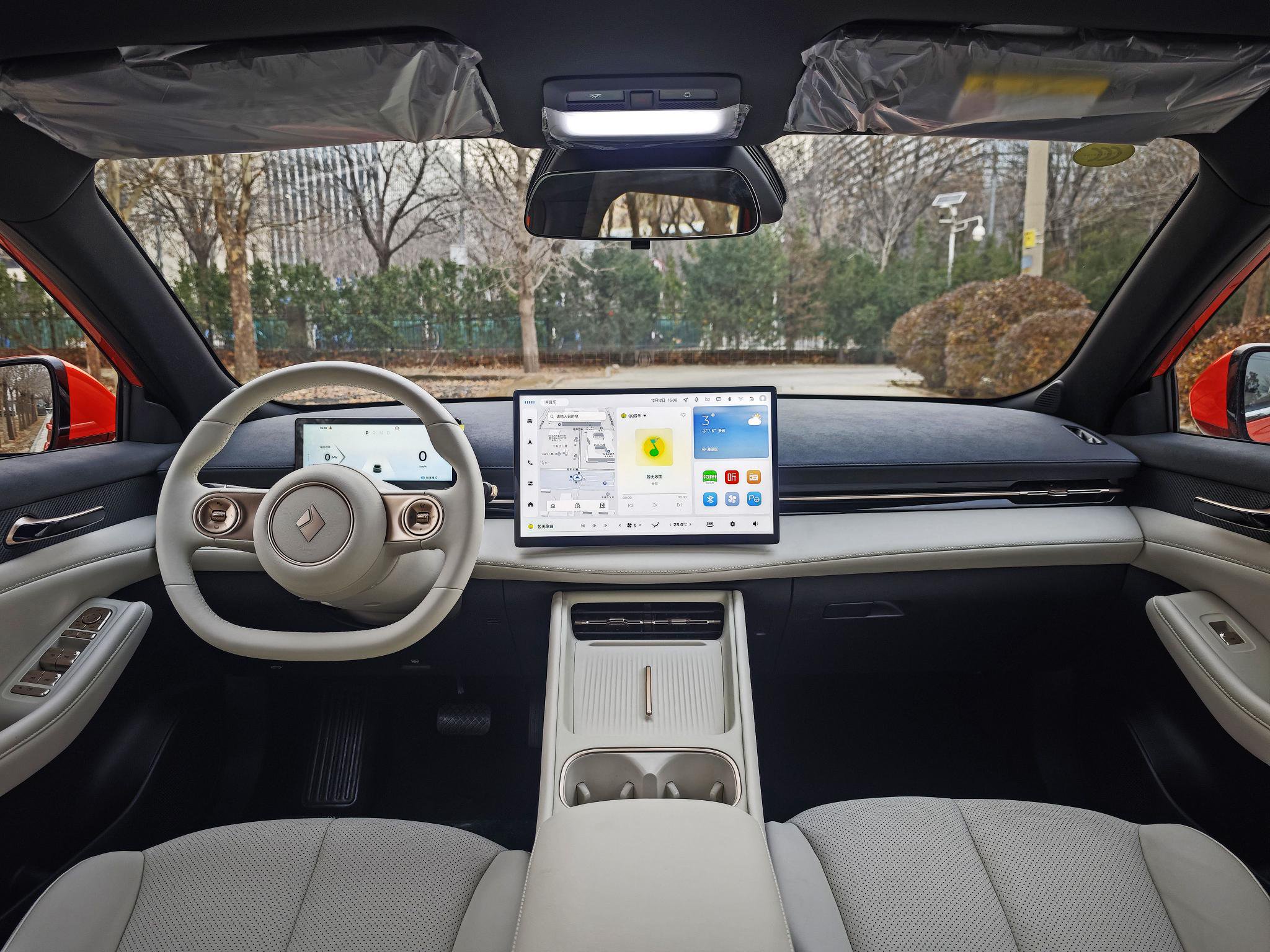
The interior adopts the current mainstream minimalist design, with a combination of a symmetrical center console, an 8.8-inch floating full LCD instrument and a 15.6-inch multimedia screen. Like the exterior, it is very pleasing to the eye.
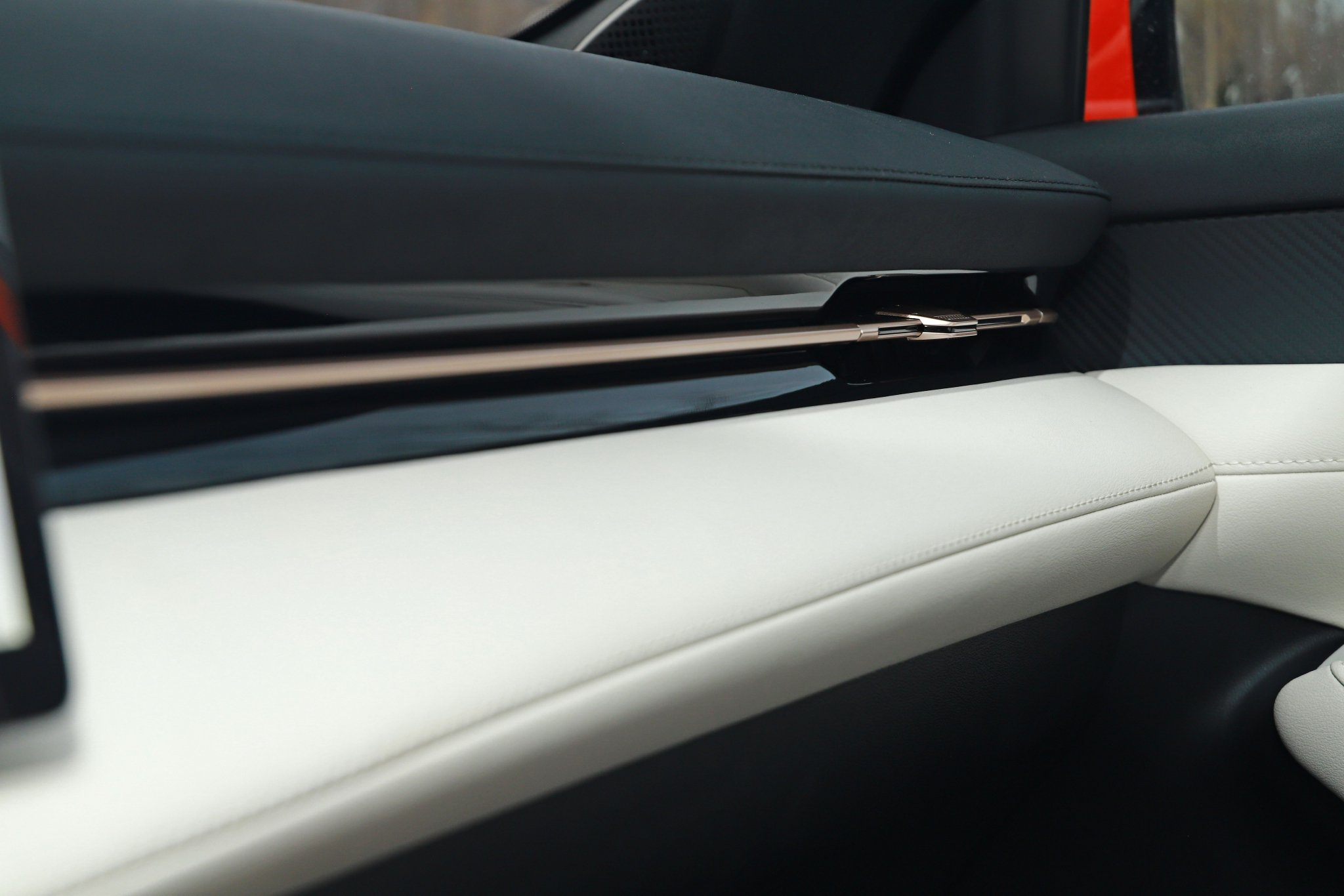
In terms of material selection, a large amount of soft materials are used in the interior of the car, creating a very satisfactory cabin atmosphere and texture.
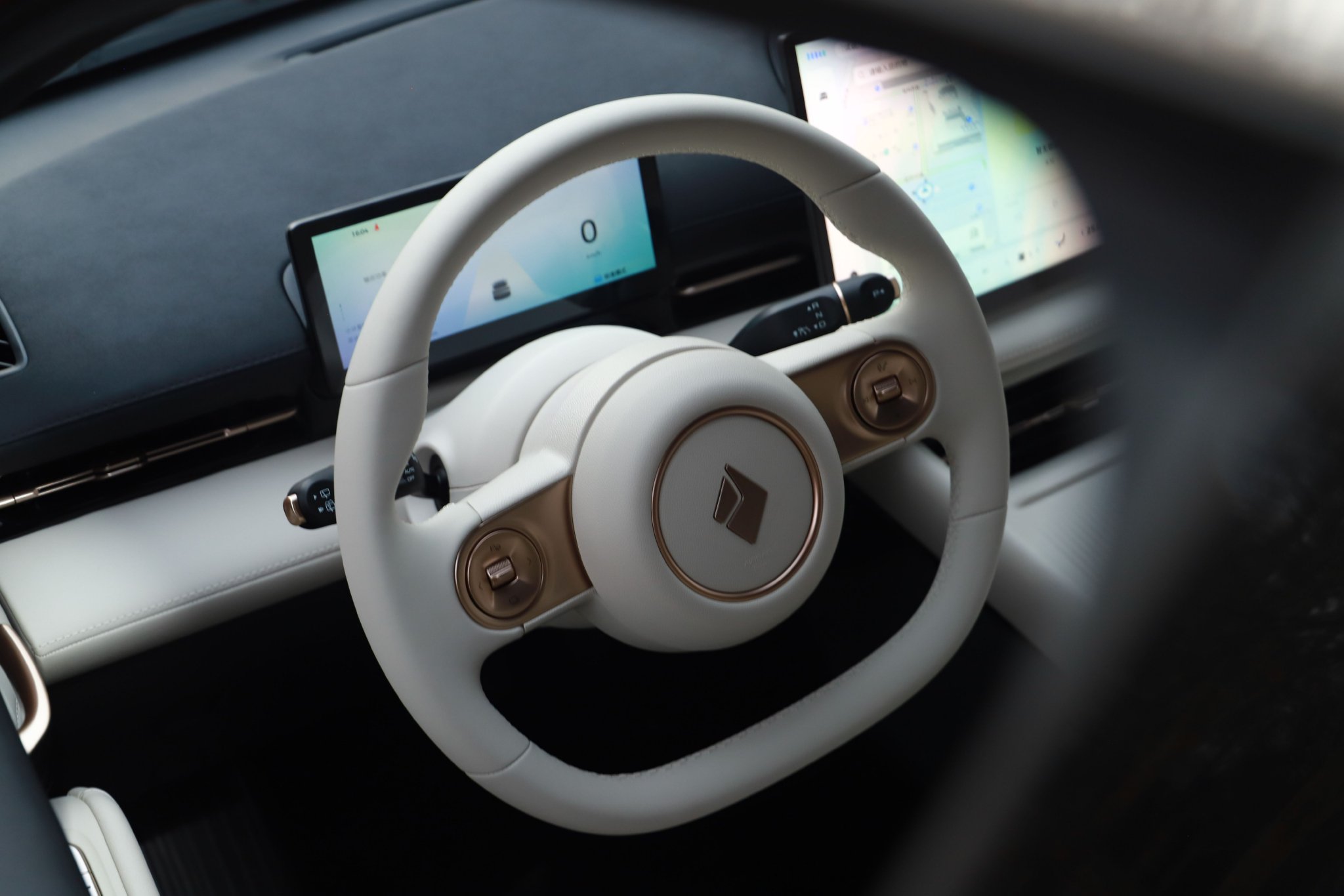
The steering wheel adopts a two-spoke flat-bottom design, and the LOGO and multi-function buttons have added circular elements. The shape is quite cute, and the overall grip is also very comfortable.
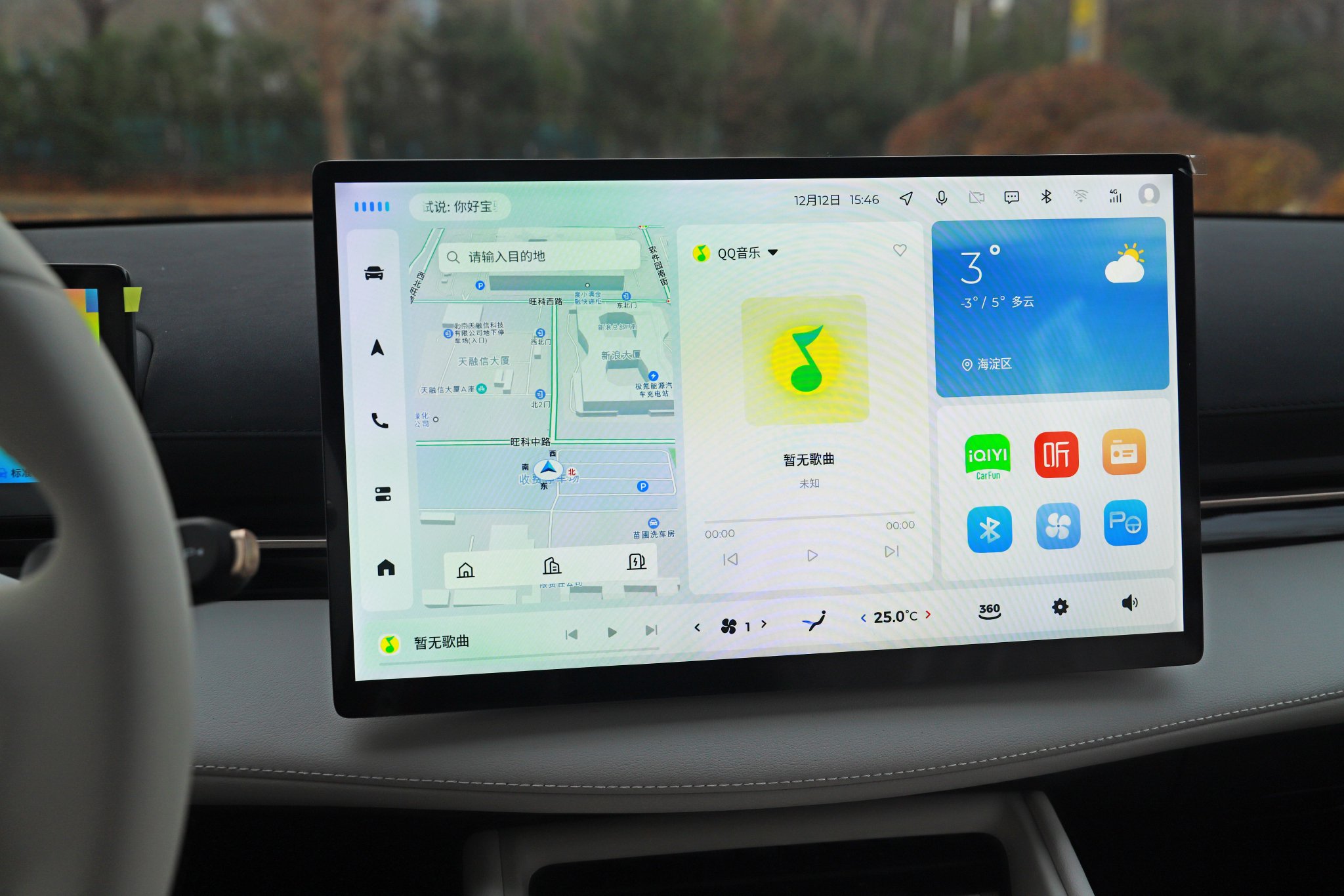
In terms of intelligent configuration, the 15.6-inch multimedia screen is of moderate size, and the screen display effect is also good and clear. In terms of hardware, it also comes standard with the 8155 chip, so the smoothness of the system operation is completely no problem. In terms of operation logic, this intelligent car system is still very easy to use, with few levels, and many shortcut functions are integrated in the shortcut bar on the left and bottom, which is very convenient to use. It can be said that the overall user experience has reached the leading level of the same level of models.
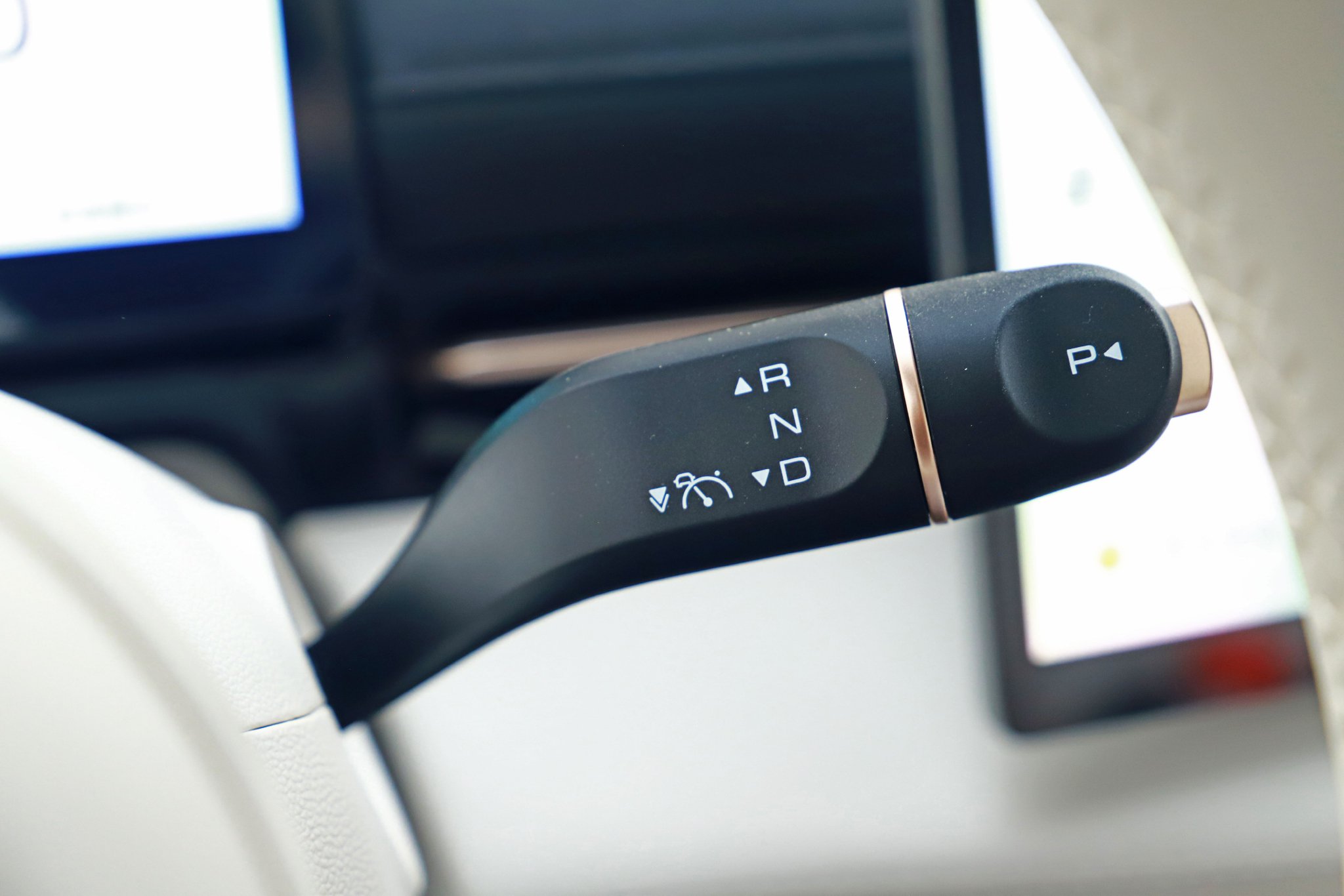
Another feature that I am very familiar with is the hand-gear design, which not only increases the storage space in the car, but also makes it more convenient to operate.
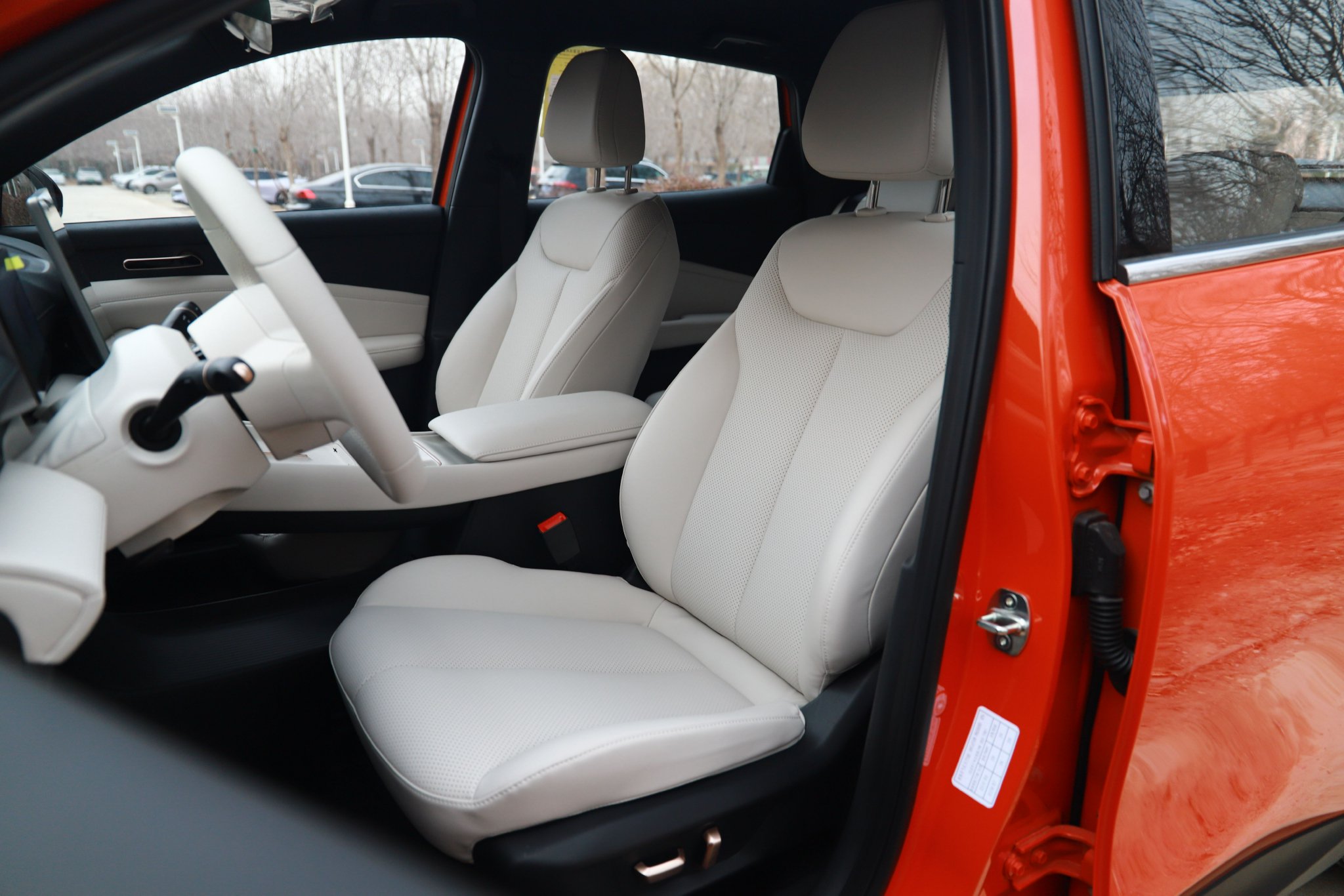
In terms of seats, Baojun's new cars in the past two years have always performed well in terms of seat comfort, and the same is true for the Baojun Yunhai. The front seats are all equipped with multi-directional electric adjustment, which allows me, a 1.9m tall person, to easily find a suitable sitting position. The seats are also wide enough and the seat padding is thick.
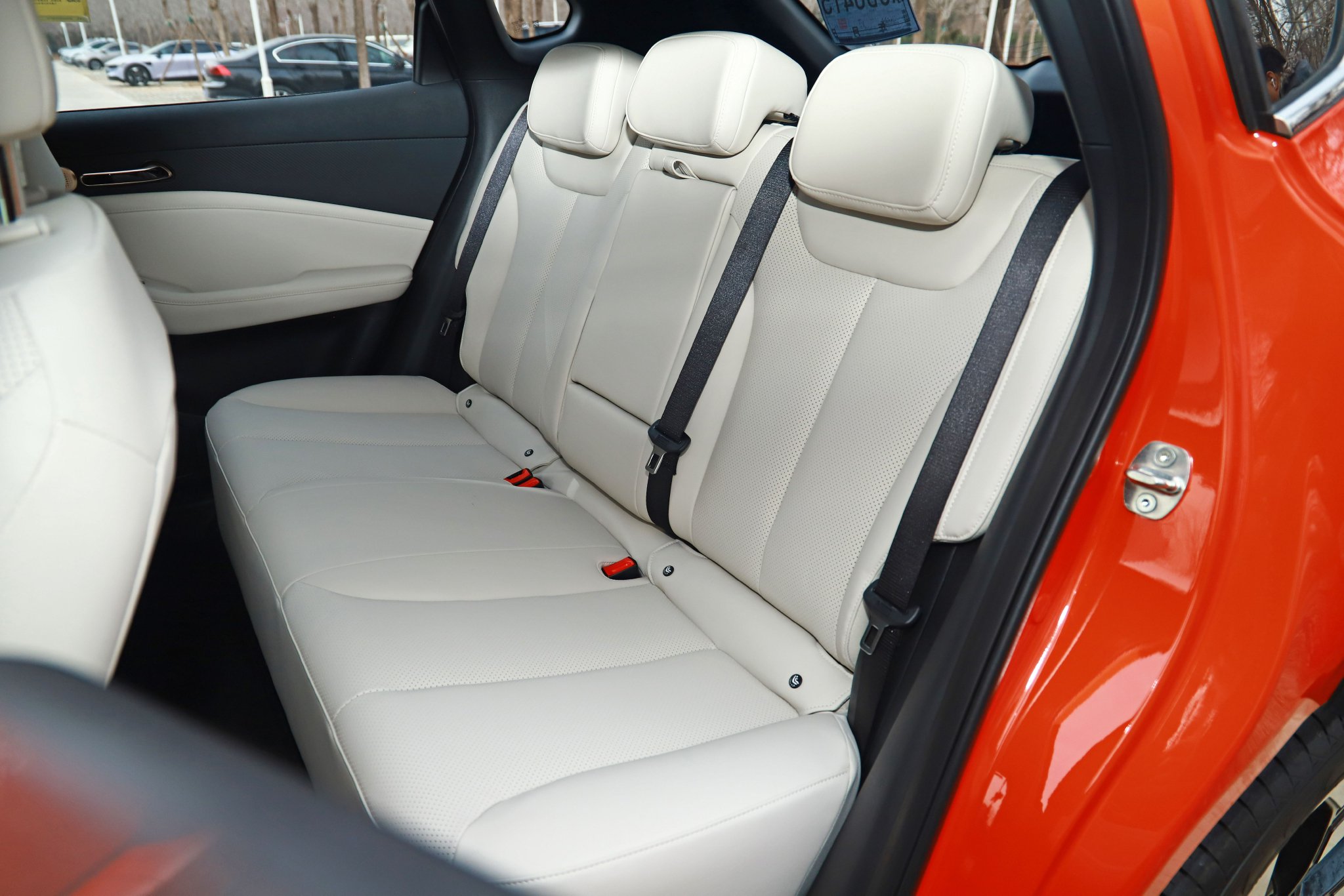
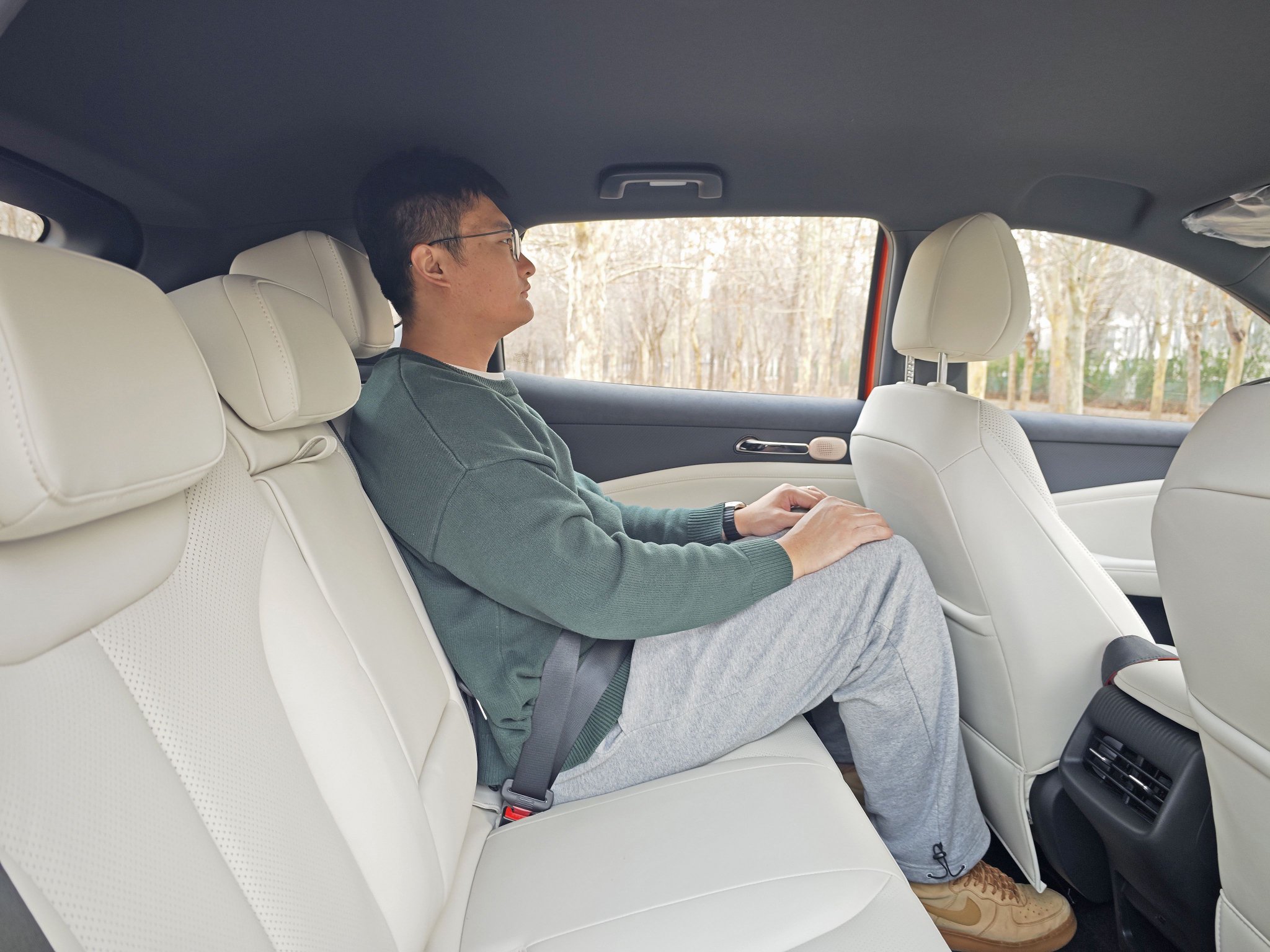
In terms of rear space, after a 1.9m tall driver adjusted his driving posture, there was more than four fingers of head and leg space in the rear, which is excellent for a 4.5m compact SUV. The rear seats are also very comfortable, both in terms of softness and backrest angle.
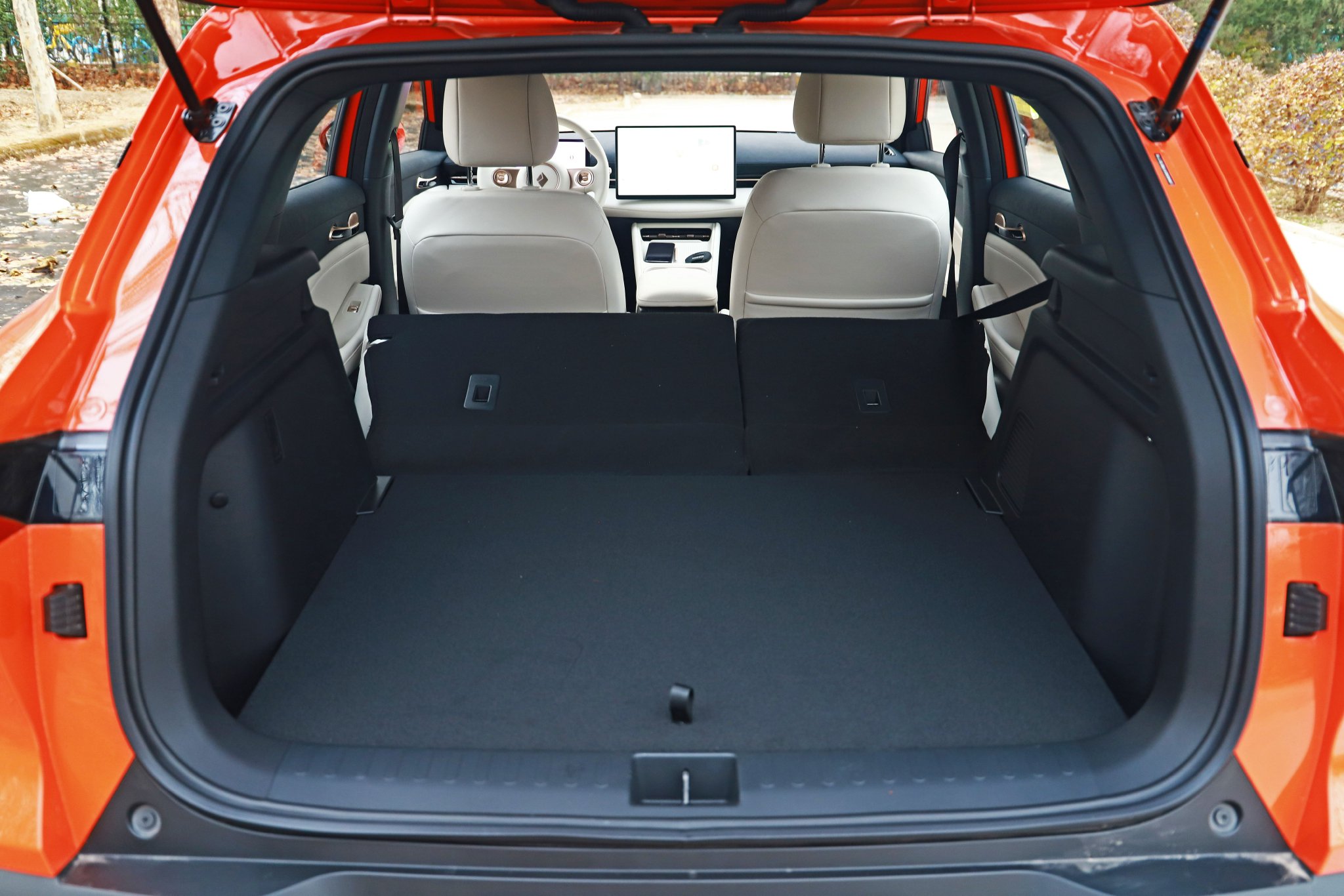
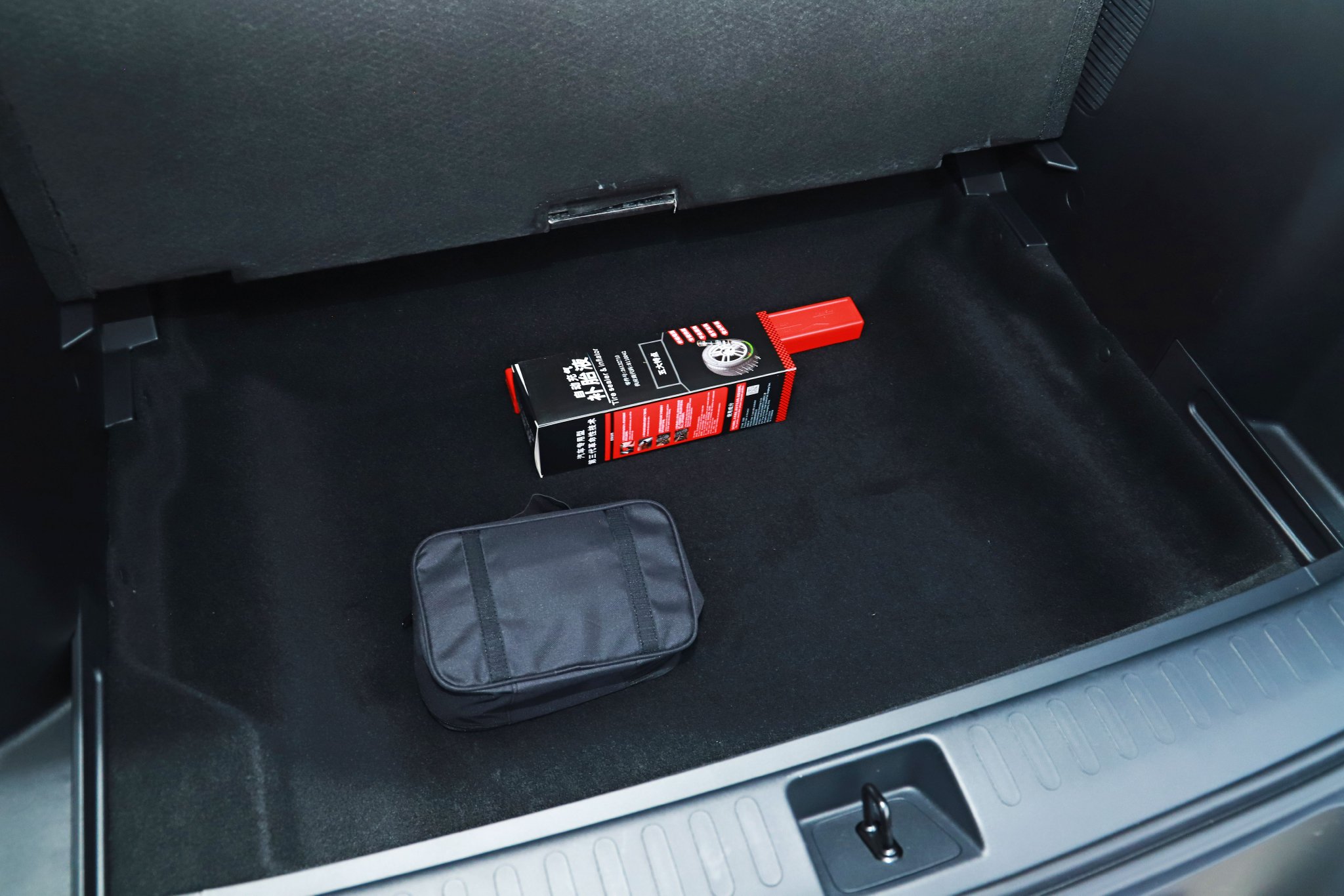
The trunk space is in line with the level of this class of car. The pure electric version I tested has a regular volume of 567L, which can be expanded to 1570L with the rear seats folded down. There is also a considerable hidden storage space under the trunk floor, which is very practical.
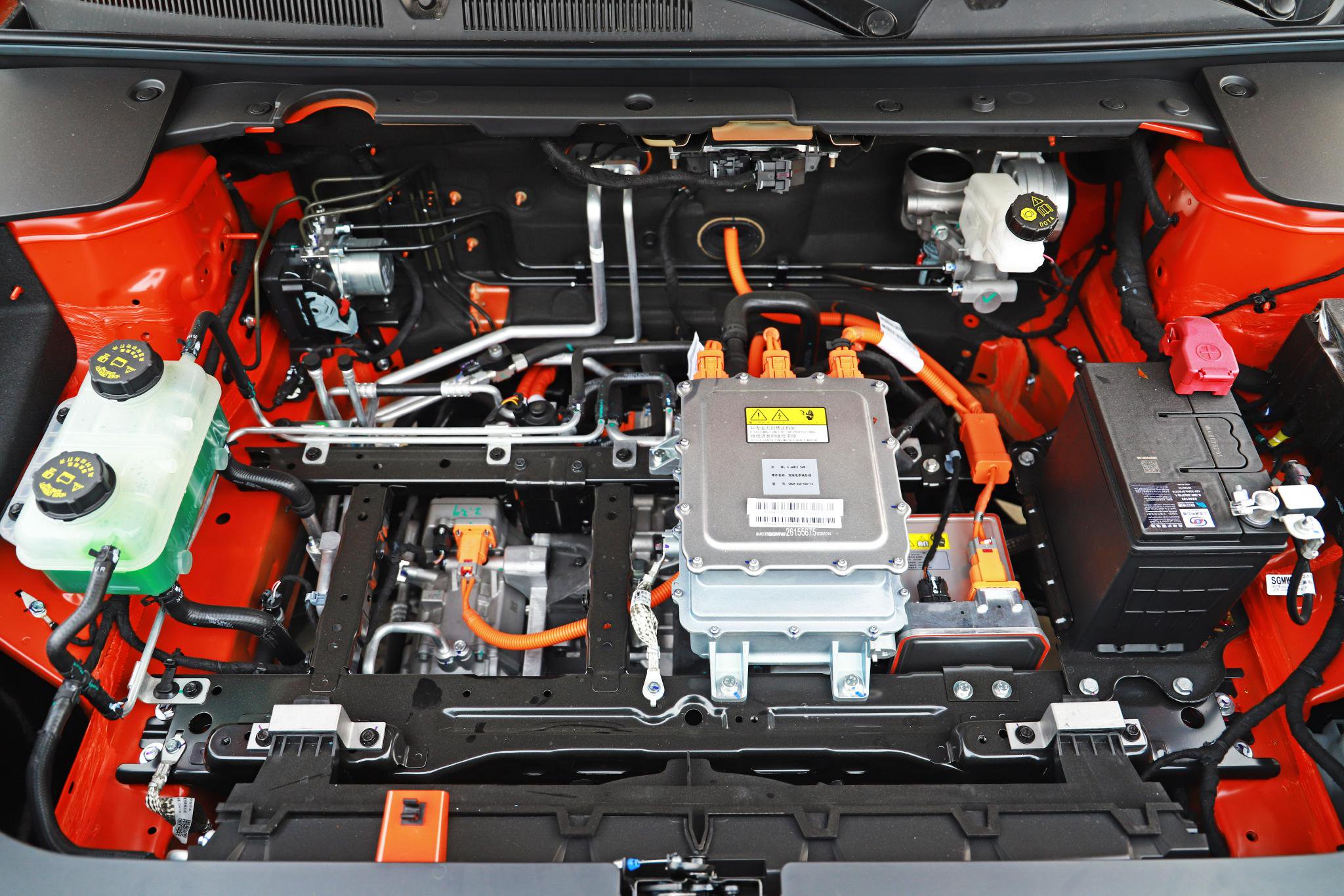
In terms of power, the Baojun Yunhai pure electric version is equipped with a 150kW motor, a maximum torque of 310 Nm, and an acceleration time of 0-100km/h of 7.8 seconds. The actual acceleration feels very brisk, especially on urban roads, where the power feels very abundant. And its top speed can also reach 170km/h, which is enough to meet the needs of urban + highway full-scene use. For a home electric car, such power performance can be said to be excessive.
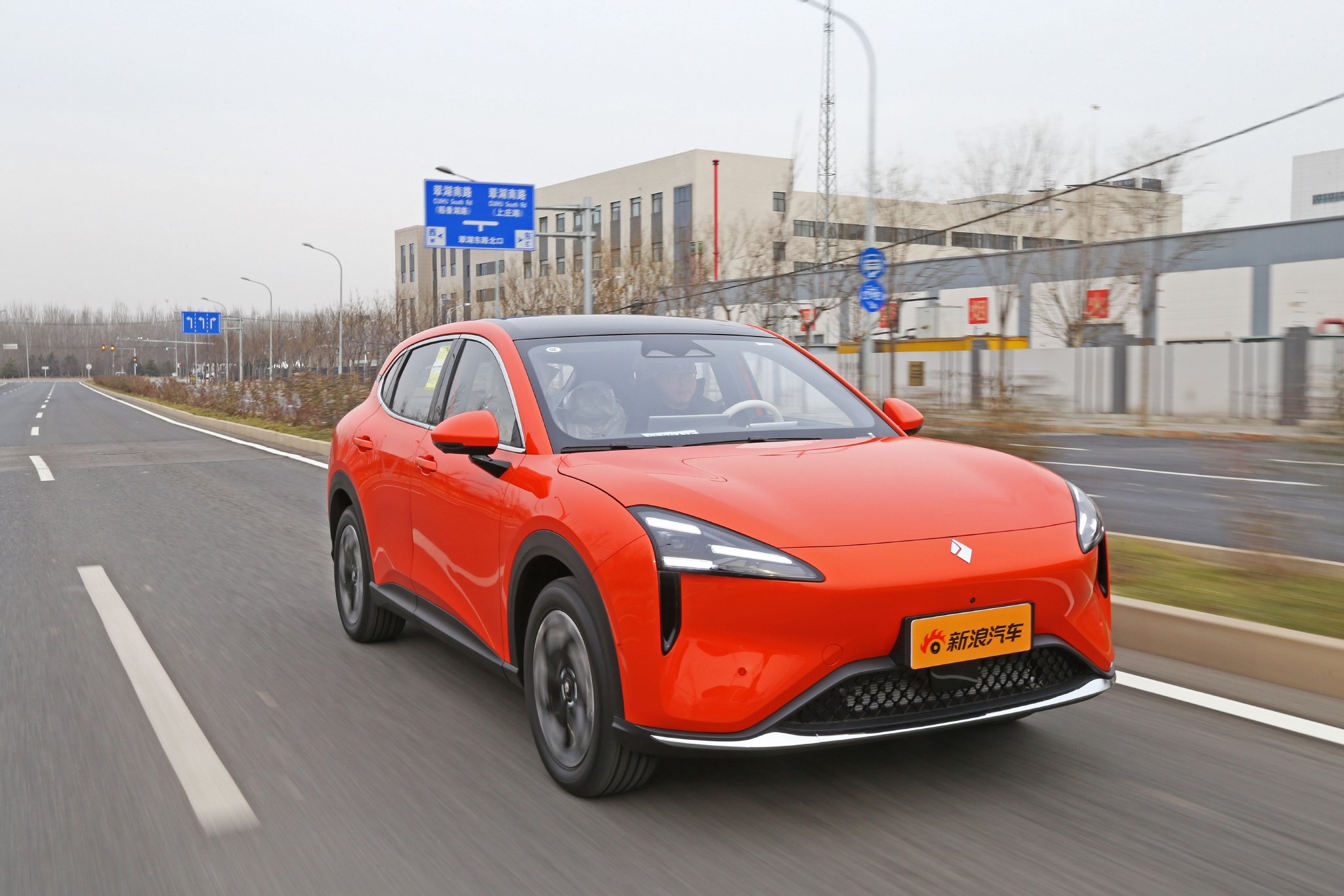
Moreover, the entire power performance is tuned more like a fuel car, especially in the starting stage. Even in sports mode, the throttle will be relatively gentle at the beginning, and the passengers will not feel the forward and backward movement. I think this calibration is more in line with its positioning as a family car.
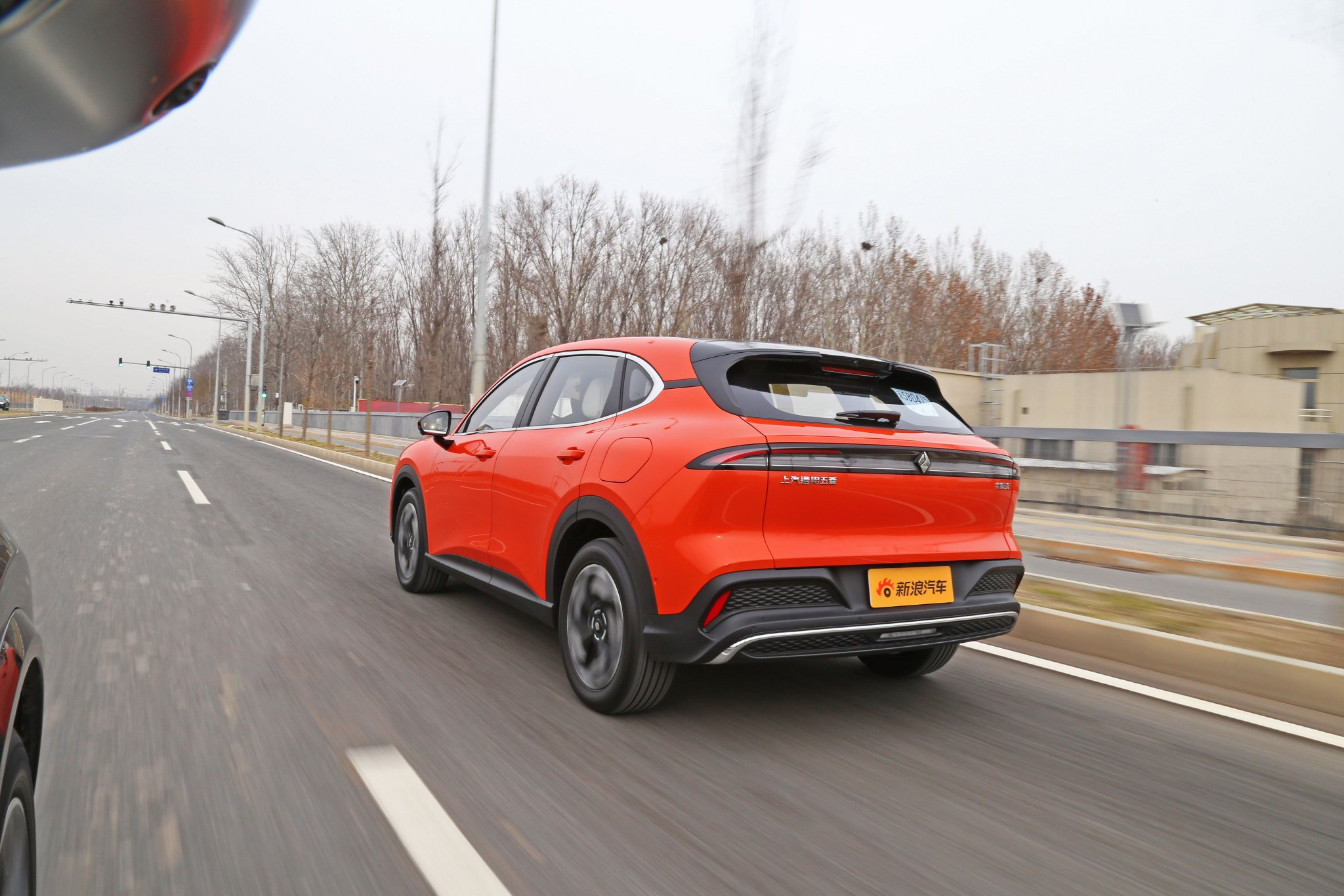
The chassis performance surprised me. Although it is also designed for home use, the overall sense and heaviness of the chassis are very good. Small bumps can be filtered out well, and larger potholes such as speed bumps and manhole covers can also feel that the chassis is very heavy, and there is no excessive bouncing in the car. The large battery at the bottom makes the center of gravity of the whole car relatively low, so it feels very solid when driving.
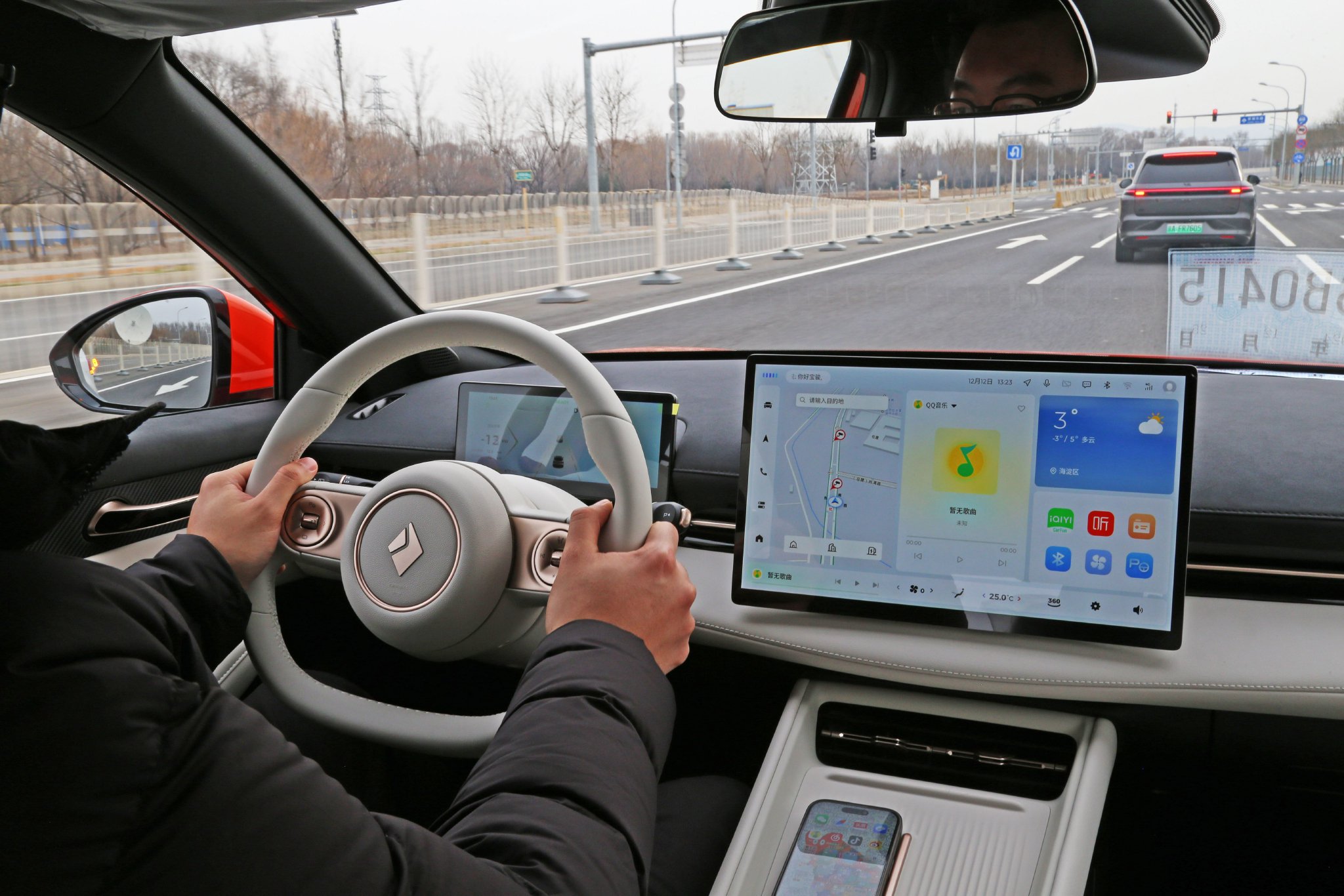
The steering is also oriented towards comfort, and it is easy to drive. There are three steering forces that can be adjusted. From the overall experience, the comfort in the standard mode is the best.
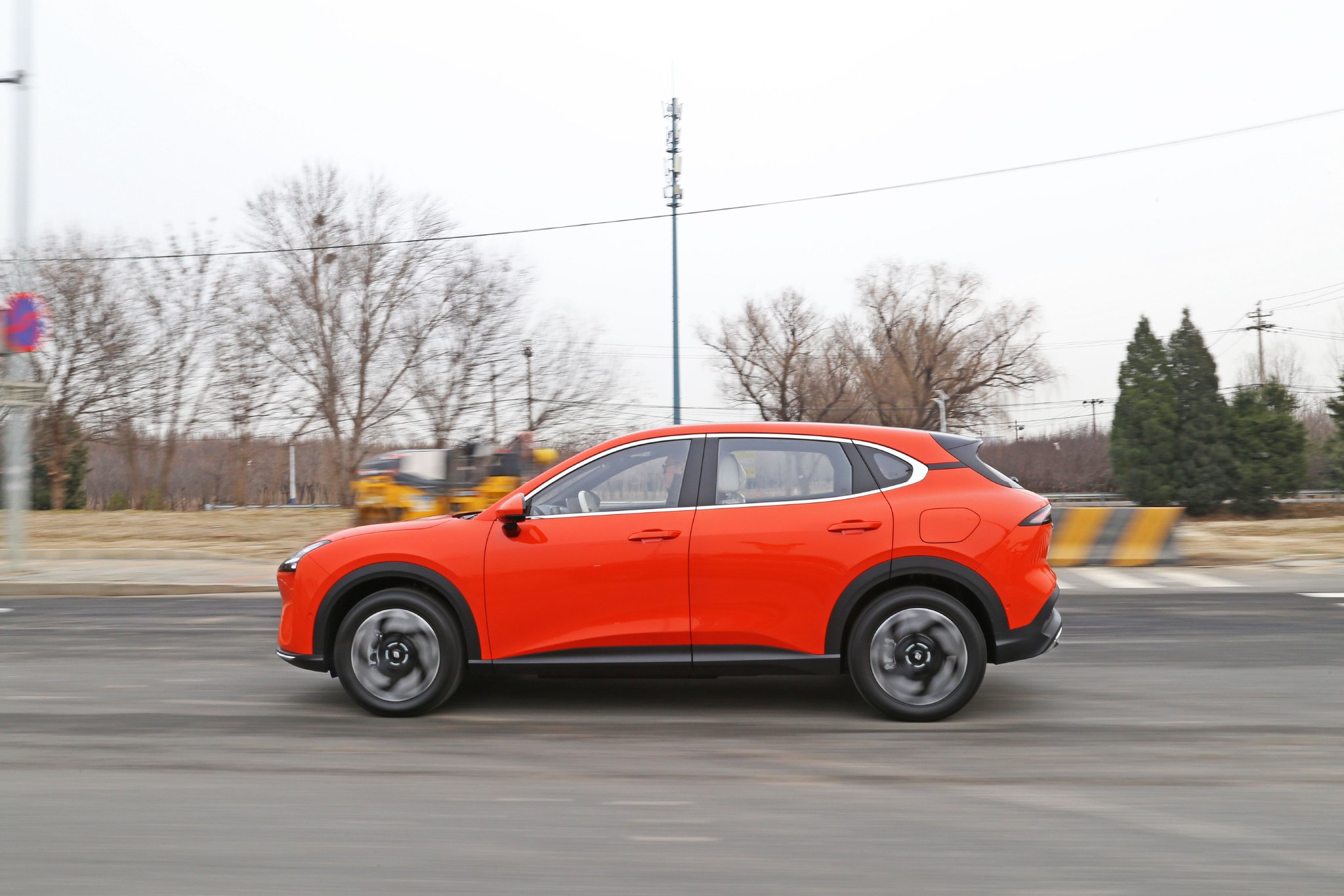
The sound insulation and quietness performance is also in line with the level of a car at this price. The overall styling is relatively low, and the 225-width Atlas tires have good overall tire noise control, making it quite quiet when driving in the city.
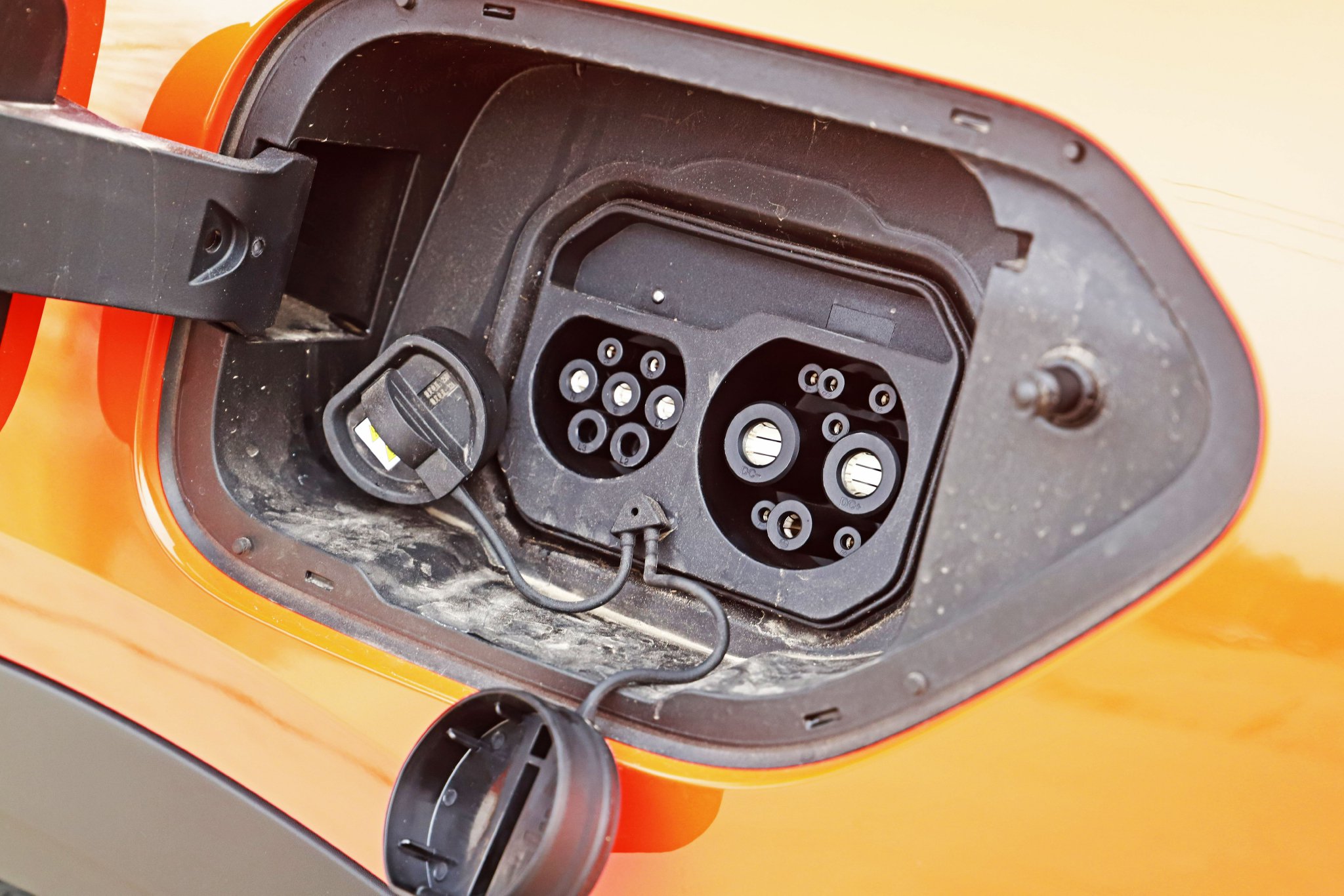
In terms of battery life, Baojun Yunhai EV has two types: CLTC 500km and 600km. Both are equipped with 2C DC fast charging, which can replenish 300km (SOC 30%-80%) in 20 minutes. It also comes standard with 3.3kW external discharge function. If you are only commuting in the city, the 500km version is enough.
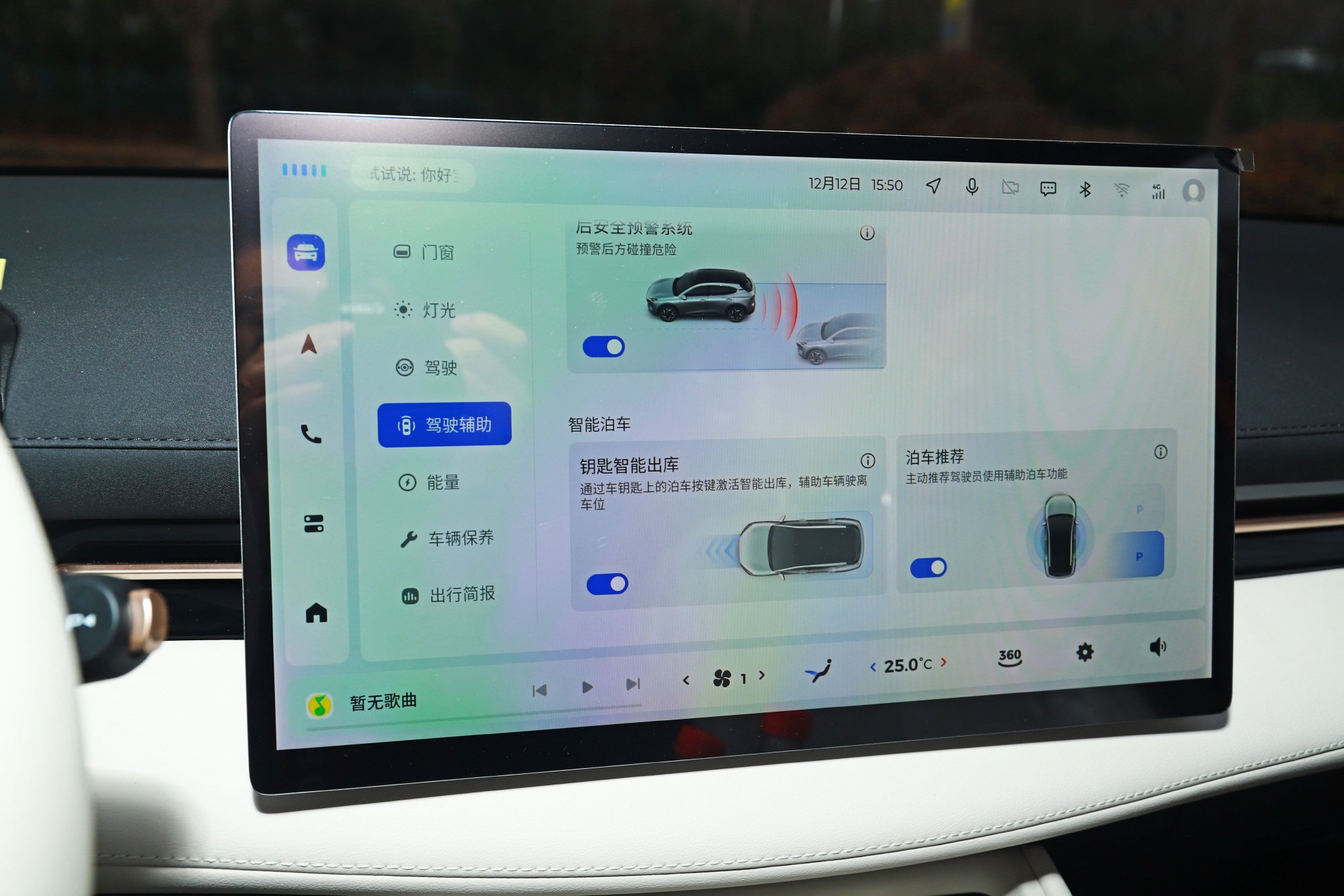
Of course, the biggest highlight of the Baojun Yunhai in terms of dynamics is that it is equipped with high-level intelligent driving as standard across the entire series. This Lingmou Intelligent Driving 2.0 Max system uses end-to-end model technology and supports functions such as map-free city memory navigation assistance, high-speed intelligent navigation assistance, and full-sceneintelligent parkingassistance.
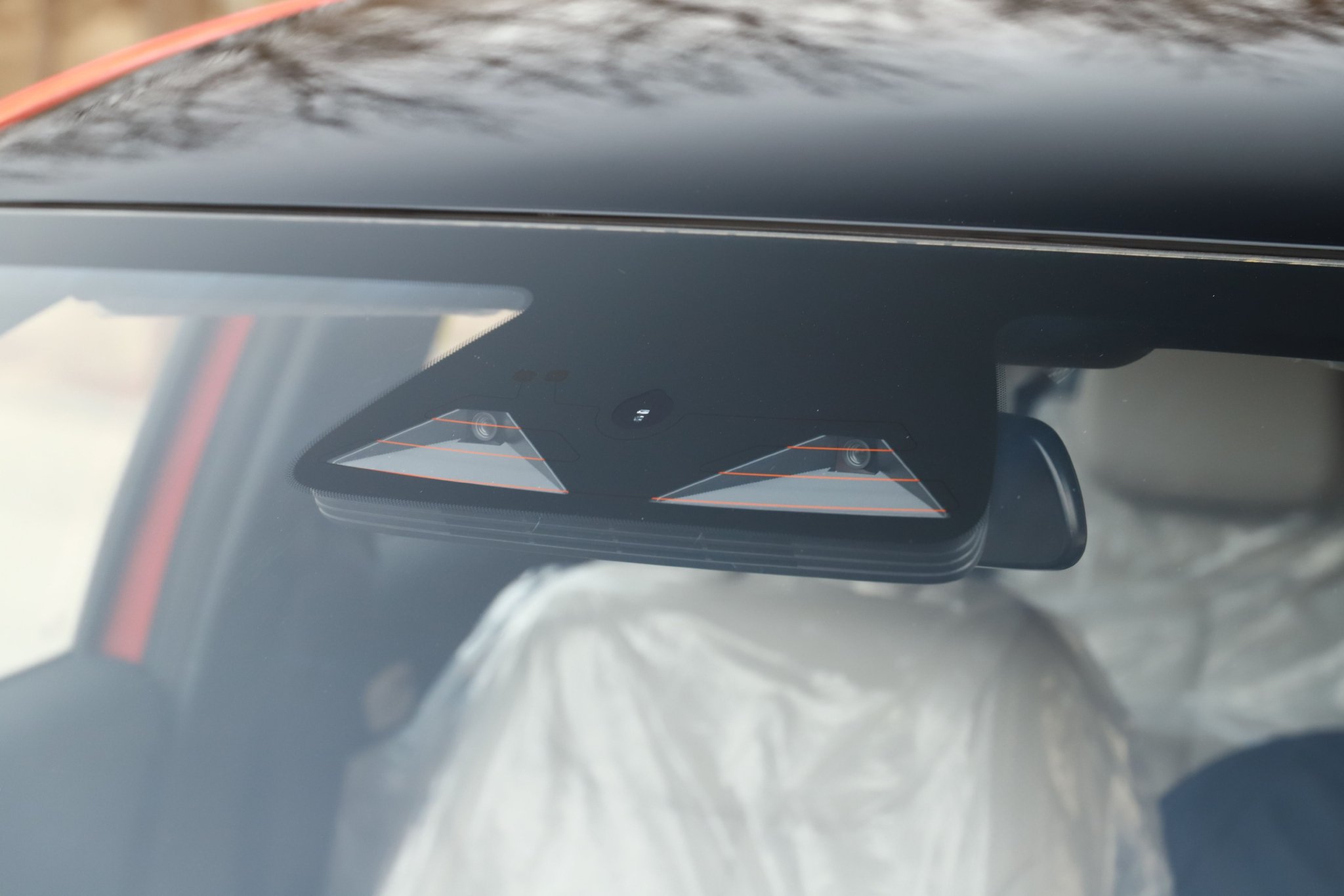
Through the 8-megapixel inertial navigation binocular camera and the cameras around it, it can realize the map-free city memory navigation assistance function on the outer ring expressway and complex roads in the city. For it adopts the visual intelligent driving solution, it is still quite interesting.
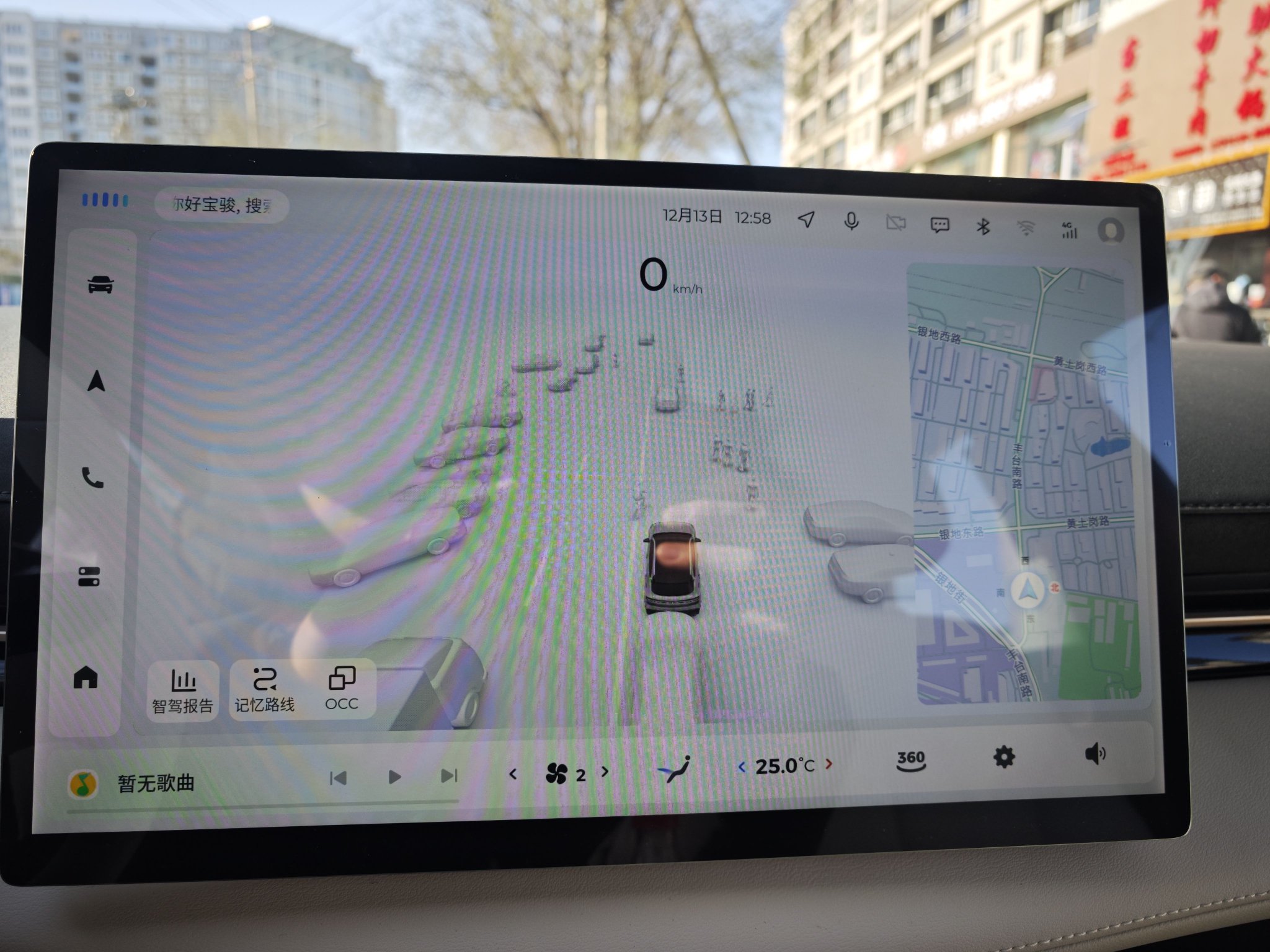
First of all, this system has the ability to recognize the surrounding environment, such as lane lines, cars, trucks, non-motor vehicles and the movement of pedestrians, with good recognition accuracy.
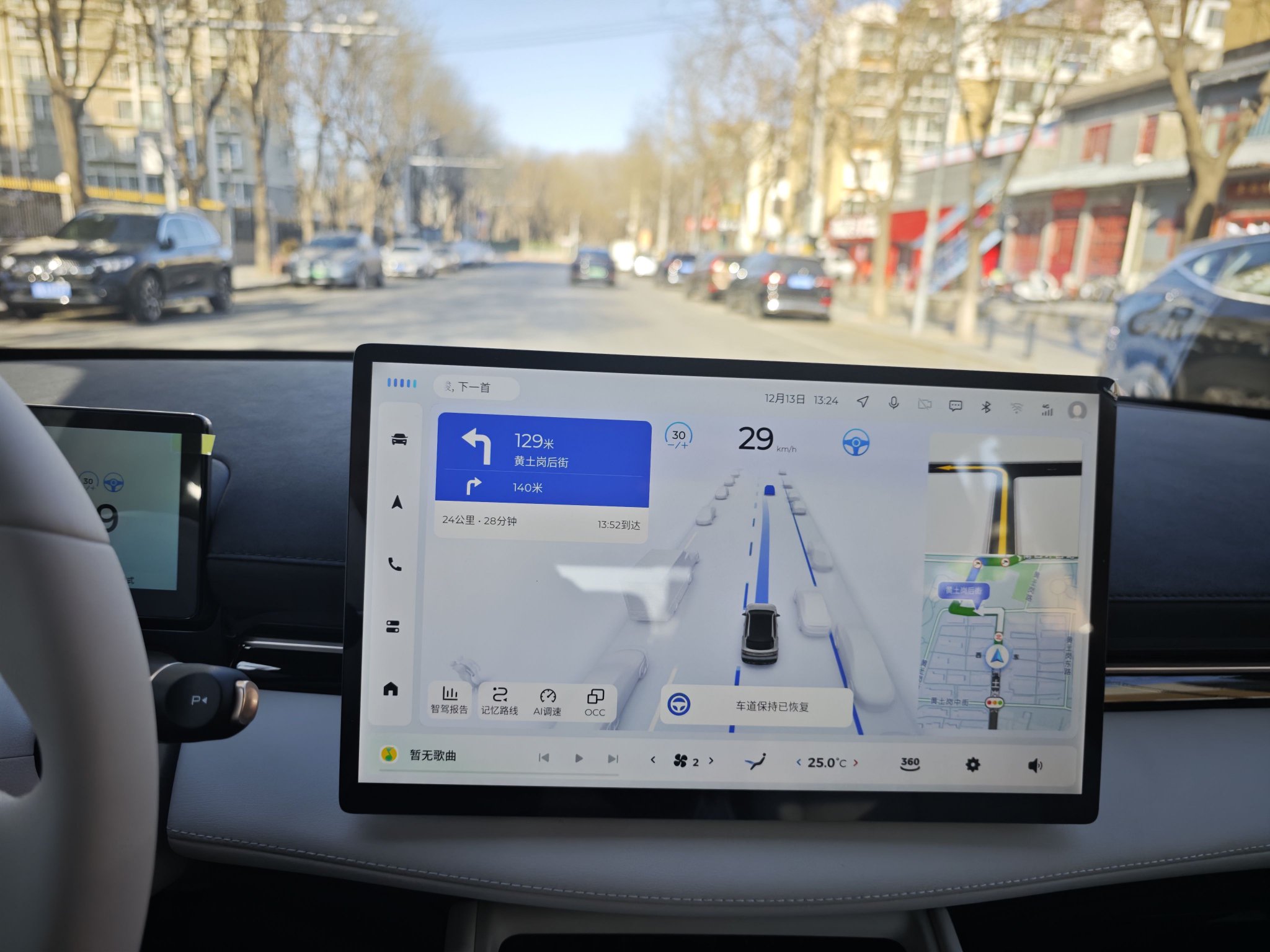
In terms of following a vehicle, it will choose to detour when there is an obstacle on the driving route. When encountering an object that suddenly breaks in, it can effectively identify and respond to it to a certain extent. However, in some congested roads with mixed traffic and non-motor vehicles, the driver sometimes needs to intervene.
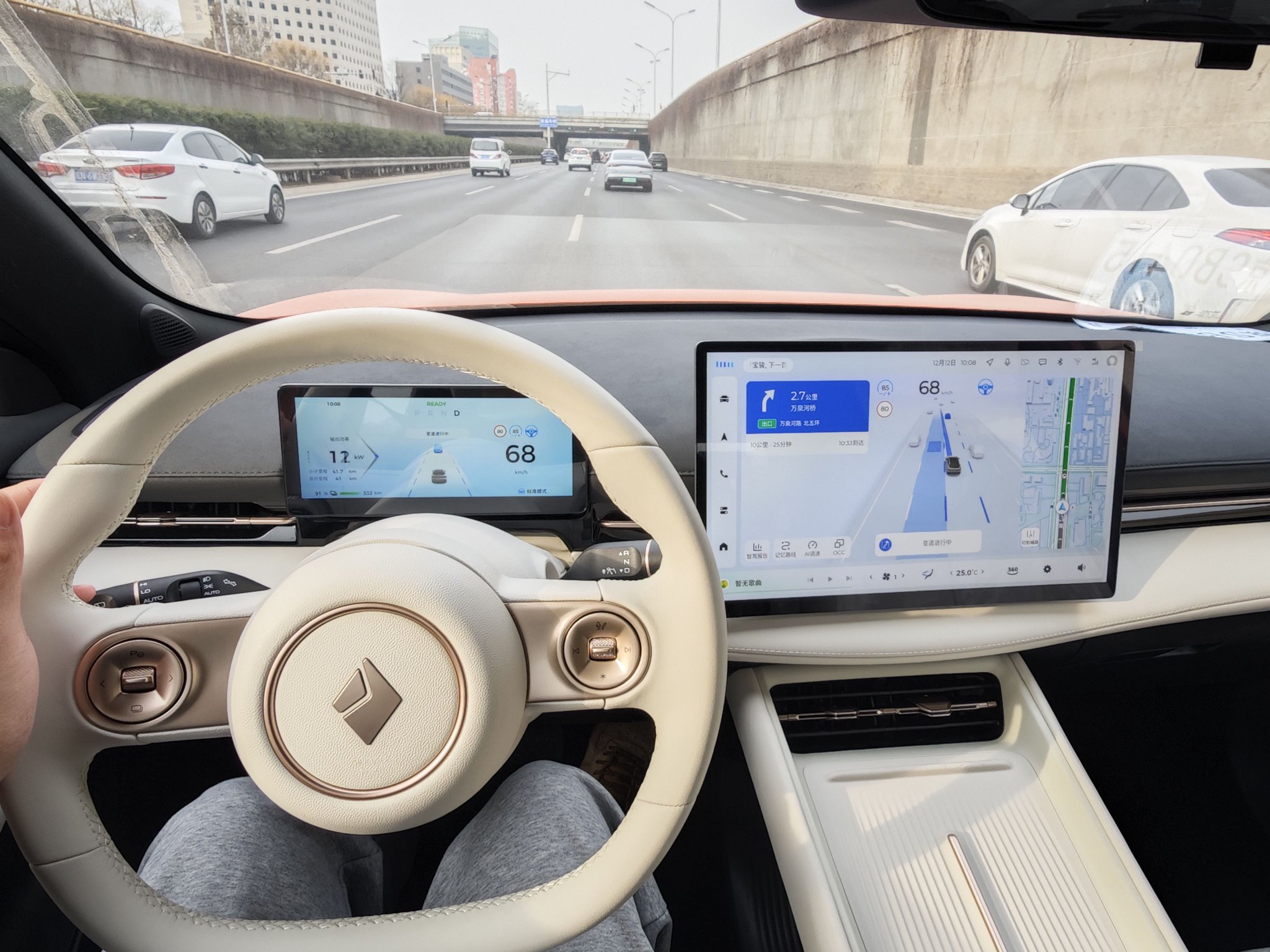
The system can also support lane changing with a lever. After the wave steering lever is turned, the system will detect the vehicle coming from the lane changing direction and automatically complete the lane change if it is safe. The overall lane changing action is relatively crisp and neat, and the style is similar to that of an experienced driver, so passengers will not feel nervous. However, the safety redundancy of this system is still relatively high. If the traffic volume is a little heavier, it will appear a little hesitant. Overall, its availability is still quite high in some urban expressways or highways with relatively small traffic volume.
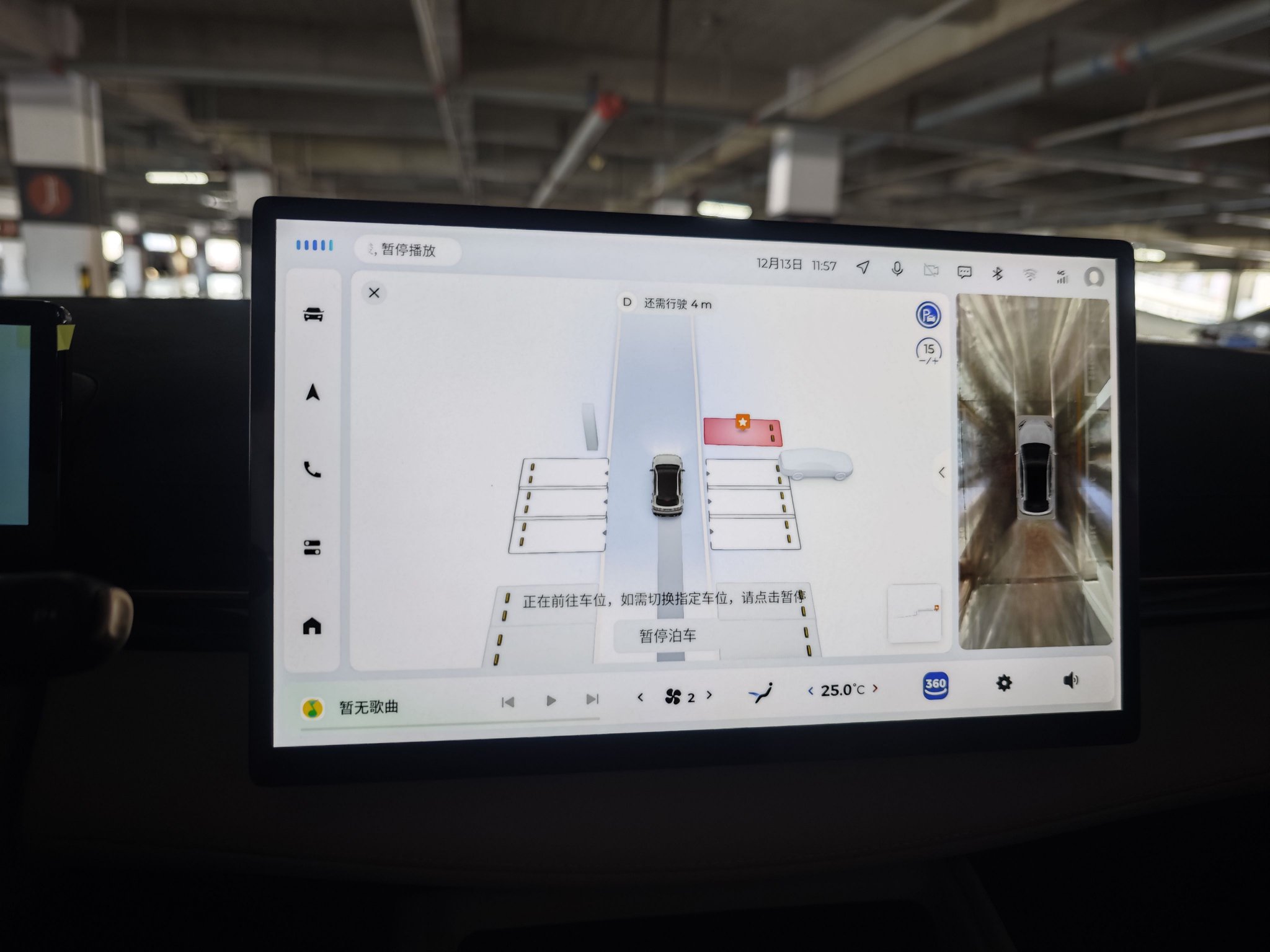
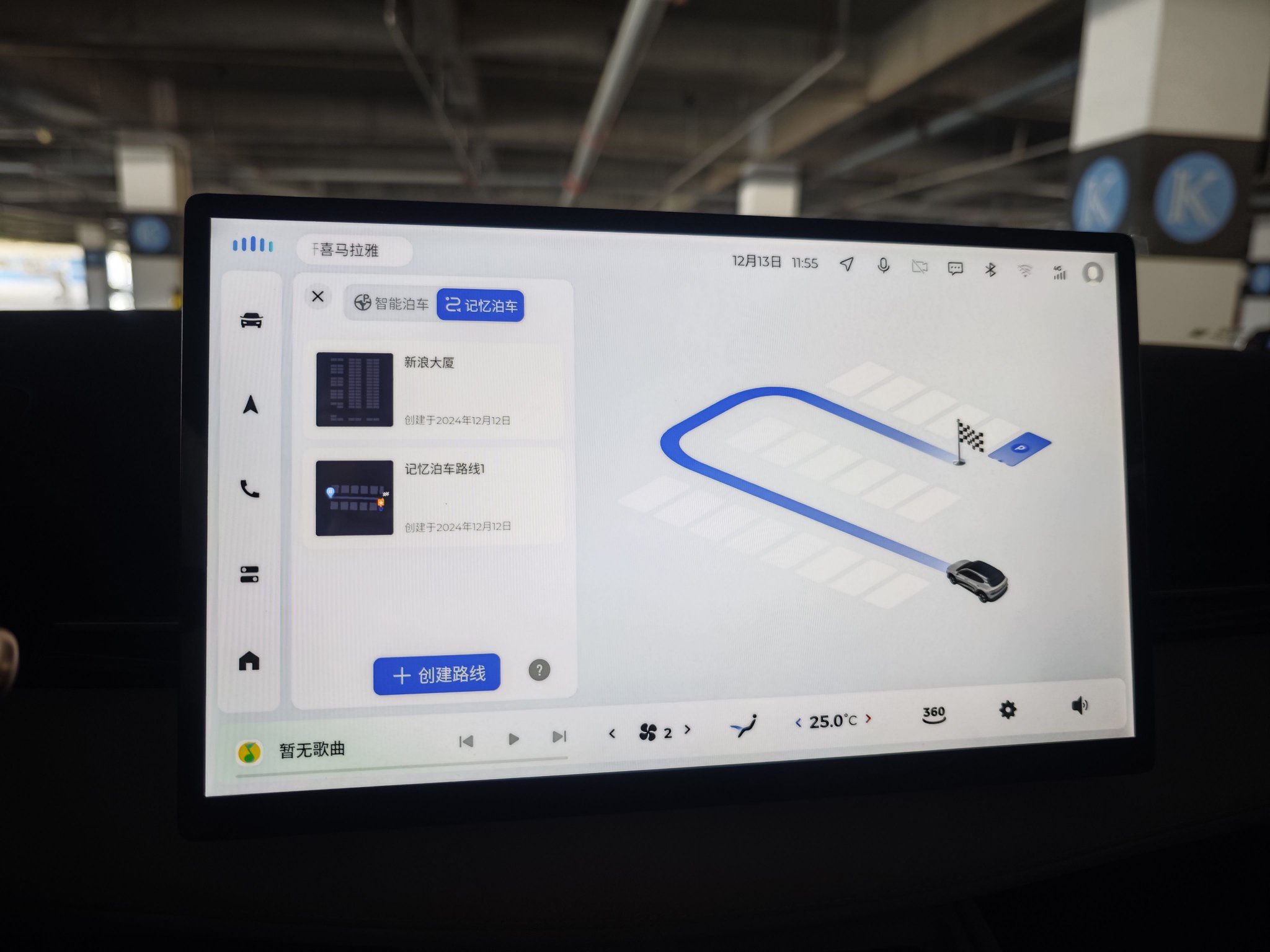
In addition, in terms of parking, in addition to automatic parking and tracking reverse, it also supports memory parking. It can memorize the route of dozens of meters before parking and complete autonomous parking. And it can also realize unmanned memory parking function, which is really rich in functions. From the actual experience, for parking spaces with relatively large sizes, its overall parking experience is still very high, the parking speed is fast enough, and the parking is straight enough.
In addition, the car also supports the city memory assisted navigation function, which can create up to 10 routes, with each route up to 100km, which does improve our driving convenience to a certain extent. However, it is not fully automatic driving, so it cannot be completely favored by assisted driving. The driver still needs to stay focused and be ready to take over the vehicle at any time.
In general, the overall performance of Baojun Yunhai is satisfactory, especially the Lingmou Intelligent Driving 2.0 Max system, which is standard for the whole series, is definitely the icing on the cake for the price of 111,800-135,800 yuan. So if you want to choose a people-friendly new energy family SUV, Baojun Yunhai is also a good choice.

